Temple of Literature, Hanoi, Vietnam
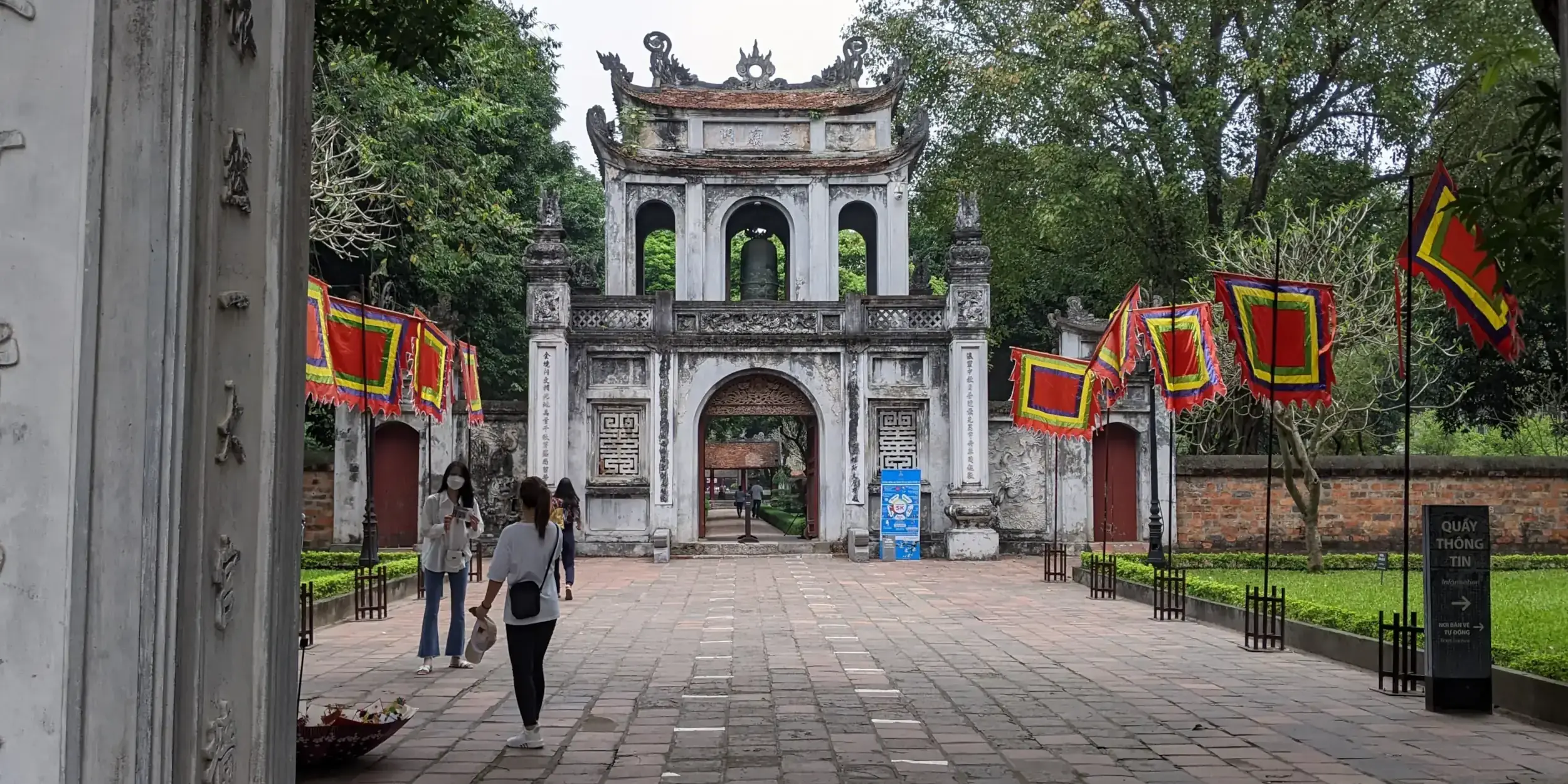
This post contains affiliate links. This means at no extra cost to you, I may earn a commission if you purchase through my links. Please see my website disclaimer for more info.
Back in 2019, I spent about 6 days or so exploring Hanoi. It was my first time in Vietnam, and so I had a lot of places earmarked to visit. One of those places was the Temple of Literature, or Văn Miếu in Vietnamese, which I wrote about briefly in my 6 Days in Hanoi 2019 post.
Fast forward to 2022, and my wife and I are living in Hanoi temporarily for a part of the year. I needed to stop by the Canadian Embassy for some documents, and realized we were actually right in the middle of a number of Hanoi attractions … The ancient citadel, the Ho Chi Minh Mausoleum, the One Pillar Pagoda, and the Temple of Literature.
Now, I guess I’m getting old, because I had forgotten I’d already been to the Temple of Literature! 😂
I knew I’d passed by it, but thought I never actually made it inside, as I had trouble finding the entrance the 1st time round back in 2019. So my wife and I decided to go in and take a look around since we were there anyway, and it was only after we walked past the main gate that I remembered I had in fact visited last time.
Temple of Literature Info
- Address: 58 Quốc Tử Giám, Văn Miếu, Đống Đa, Hà Nội
- Hours: Daily
- April - October 07:30 - 17:30
- November - March 08:00 - 17:00
- Time needed to visit: 30 minutes to 1 hour
- Entrance fee: (payable at the entrance)
- 30,000 VND per adult
- 15,000 VND for students
- Free for children under 15
Temple of Literature History
Văn Miếu, or Temple of Literature, is a temple dedicated to Confucius, and was also the site of Vietnam’s first university. It was built in 1070 by Emperor Lý Thánh Tông, but was reconstructed during the following dynasties, and was built to honour Confucius and other scholars and sages of Confucianism.
For nearly two centuries, despite wars and disasters, the temple has preserved ancient architectural styles of many dynasties as well as precious relics. Major restorations have taken place in 1920, 1954 and 2000.
Wikipedia
The actual university, named Quốc Tử Giám (Imperial Academy in English), was built within the temple grounds in 1076. The university was open until 1779, and then in 1802 was moved to Huế, where it was renamed the Huế National Academy.
The Temple of Literature
The Temple of Literature is a very popular tourist destination for foreigners, but it’s also a popular place for Vietnamese students to take their graduation photos, and from what I’ve seen, young women taking photos in traditional Vietnamese áo dài’s.

Granted, it might just be that the women I saw taking photo’s in their áo dài’s were actually taking photo’s for their graduation, and not just for fun? I’m not entirely sure, but if you know please let me know in the comments!
When you are approaching the entrance to the temple, there are stelae on either side, inscribed with the traditional Chinese characters 下馬 (xià mă in Pinyin), and a description in Vietnamese that reads “Bia Hạ Mã”, which means “dismount horse” (note that the “Bia” in Vietnamese is simply referring to the inscribed stele slab, or stone). It was apparently a notice to anyone, including the Emperor, to dismount their horse before entering the temple grounds.

After passing the stele, which is outside the actual temple, you’ll be greeted by the main gate. An interesting little tidbit about the main gate is that while on the outside it appears there are 3 doors in the gate, on the inside there are 5 doors!
The outside of the gate:

The inside of the gate:

Apparently, the story is that 5 doors represents an independent state, while 3 represents a province. Not wanting to cause any trouble with foreign nations (mostly the Chinese), the Vietnamese decided to build the gate with 3 doors on the outside, and 5 on the inside.
The Temple of Literature has 5 courtyards, and covers an area of over 54,000 square metres.
The First & Second Courtyards
The 1st two courtyards were quiet areas, where students could relax, away from the noise of the outside world.
There are 3 paths that run throughout the courtyards, with the middle path of course being reserved for the emperor, as is tradition.


The 2nd courtyard, known as the great central courtyard, features the Khuê Văn pavilion, which is the gate you see in the picture below:

The Khuê Văn pavilion is actually the inspiration for the emblem of Hanoi:

The Third Courtyard
The 3rd courtyard contains the Thiên Quang well, with halls on either side which house 82 stelae mounted on tortoise backs. There used to be 116 stelae, but I believe the ones missing were destroyed during the French occupation.



The stelae are inscribed with the names of over 1300 graduates of the university between 1442 and 1779.

The Fourth Courtyard
The 4th courtyard contains the House of Ceremonies (Đại Bái Đường).


Following the House of Ceremonies, there are 5 alters dedicated to the worship of Confucius and his 4 closest disciples - Yanhui, Zengshen, Zisi and Mencius.


The Fifth Courtyard
The 5th courtyard is the last courtyard, and contains the imperial academy. The courtyard was destroyed in 1946 during the war, but was rebuilt in 2000. There are several buildings in this courtyard, including the Thái Học pavilion (the imperial academy).



There is also an altar on the 1st floor to worship Chu Văn An, a Confucian teacher who was the rector of the imperial academy, and on the 2nd floor, altars for the three emperors who contributed to the foundation of the temple and the academy: Lý Thánh Tông (1023–1072), who founded the temple in 1070, Lý Nhân Tông (1066–1127), who founded the Imperial Academy, and Lê Thánh Tông (1442–1497), who ordered the erection of the turtle stone stelae of doctor laureates in 1484.


Final Thoughts
When I visited the Temple of Literature back in 2019, I didn’t realize it was actually (or had been) a university - Vietnam’s first university in fact! I believe my wife (then girlfriend) had mentioned it at the time, but I thought she just meant it was a school for monks.
So there’s quite a bit of history at this site, much like many of the temples in Vietnam and Asia, but it’s also much more than just a temple for worship. So if you enjoy beautiful old architecture, and want to learn a bit about the history of Vietnam, then I think you’ll enjoy visiting the Temple of Literature.
Until next time,
michael 😀
Share this post:

One Month at the Ramada by Wyndham, Ha Long, Vietnam

An Afternoon in Ocean Park 2 and 3, Hung Yen, Vietnam

One Month in Vinhomes Smart City, Hanoi, Vietnam

Sapa Itinerary: 3 Days Exploring Sapa, Vietnam

Hotel Scams in Vietnam - Traveller Beware

Climbing Ham Rong (Dragon) Mountain, in Sapa, Vietnam

Hiking Muong Hoa Valley, Sapa, Vietnam

Sapa Night Market, Sapa, Vietnam

Experiencing Cat Cat Village, in Sapa, Vietnam
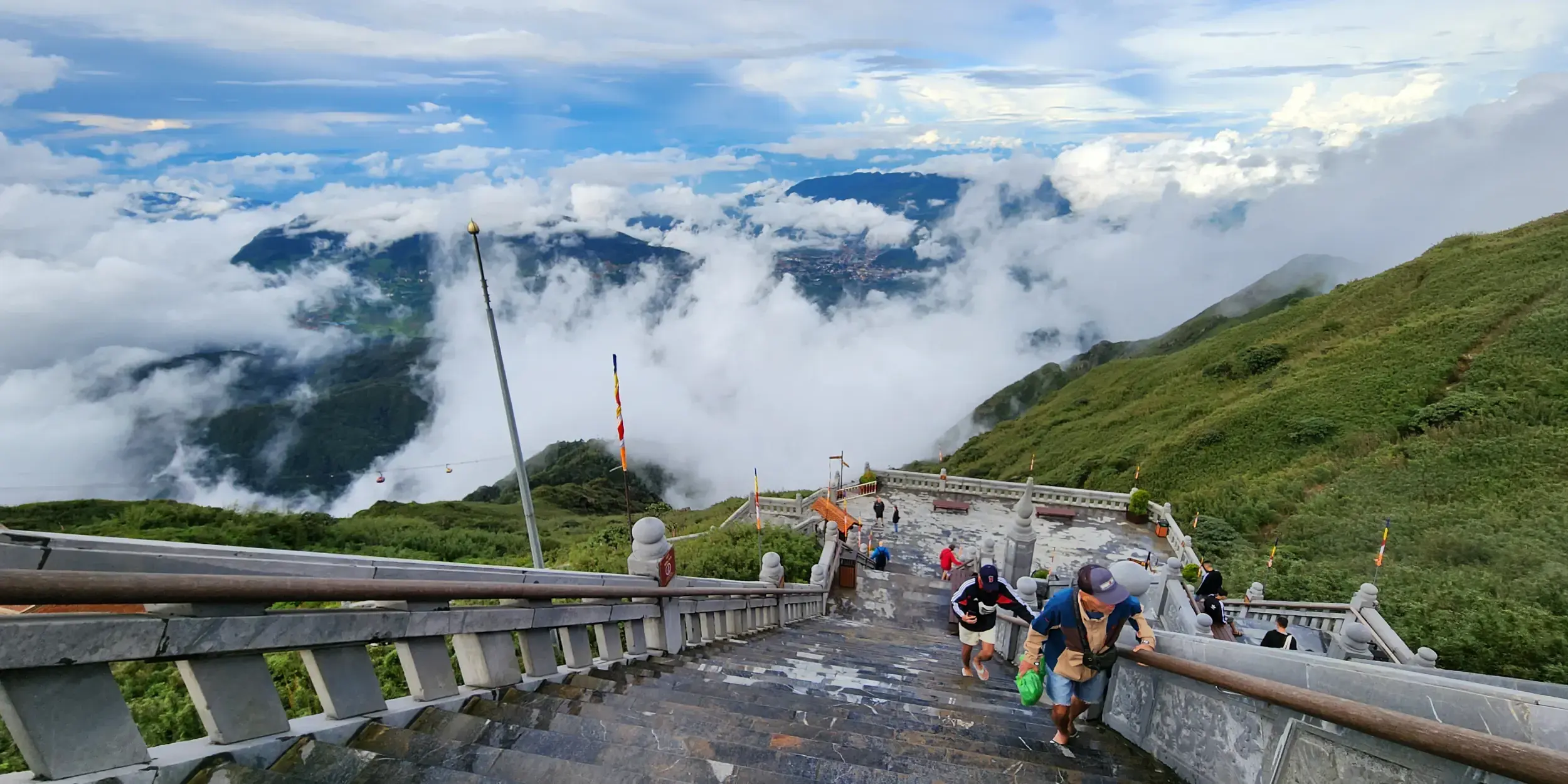
Climbing Fansipan Mountain, in Sapa, Vietnam
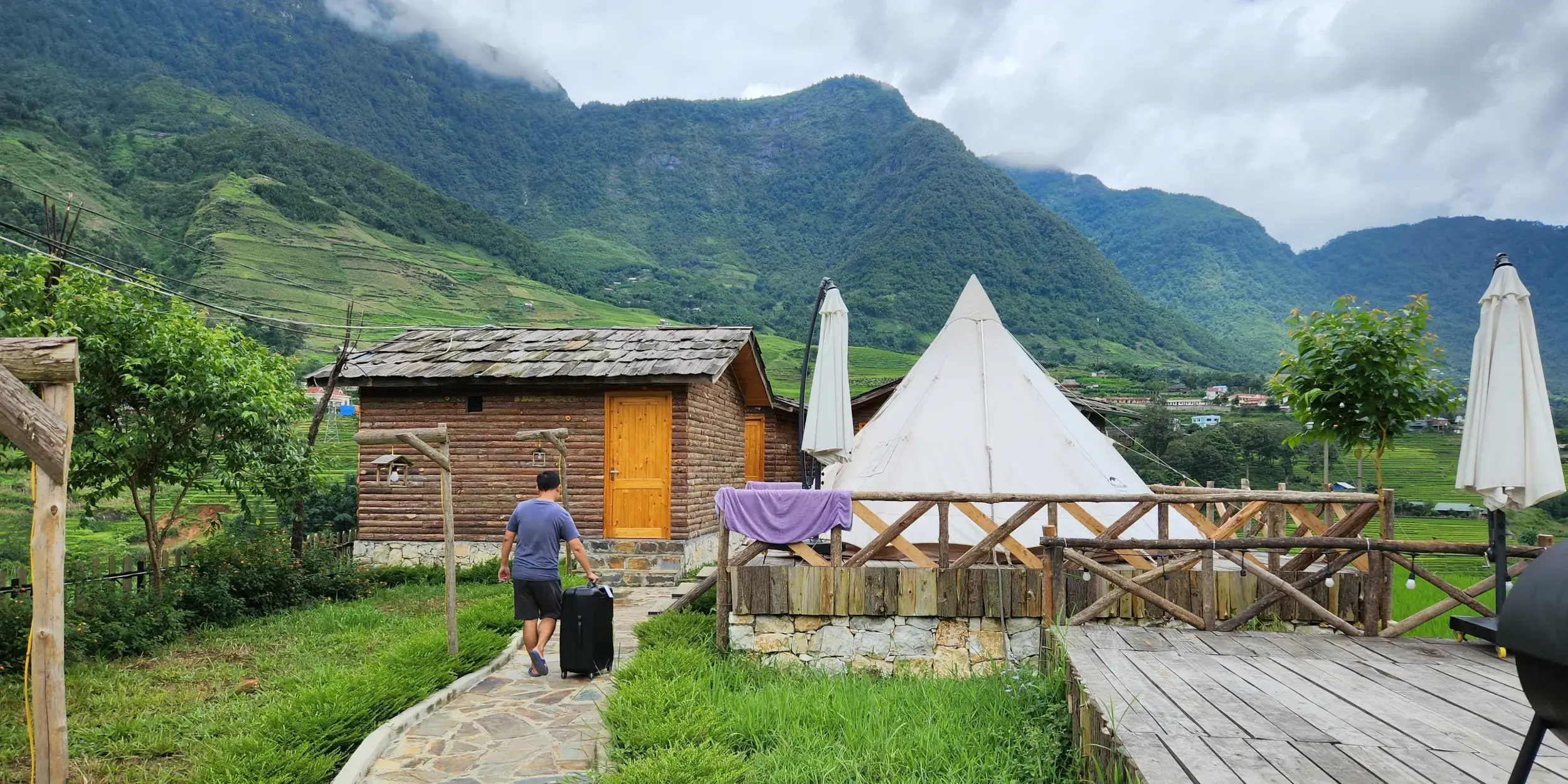
S Plus Bungalow in Sapa, Vietnam

Sapa CatCat Hills Resort & Spa in Sapa, Vietnam
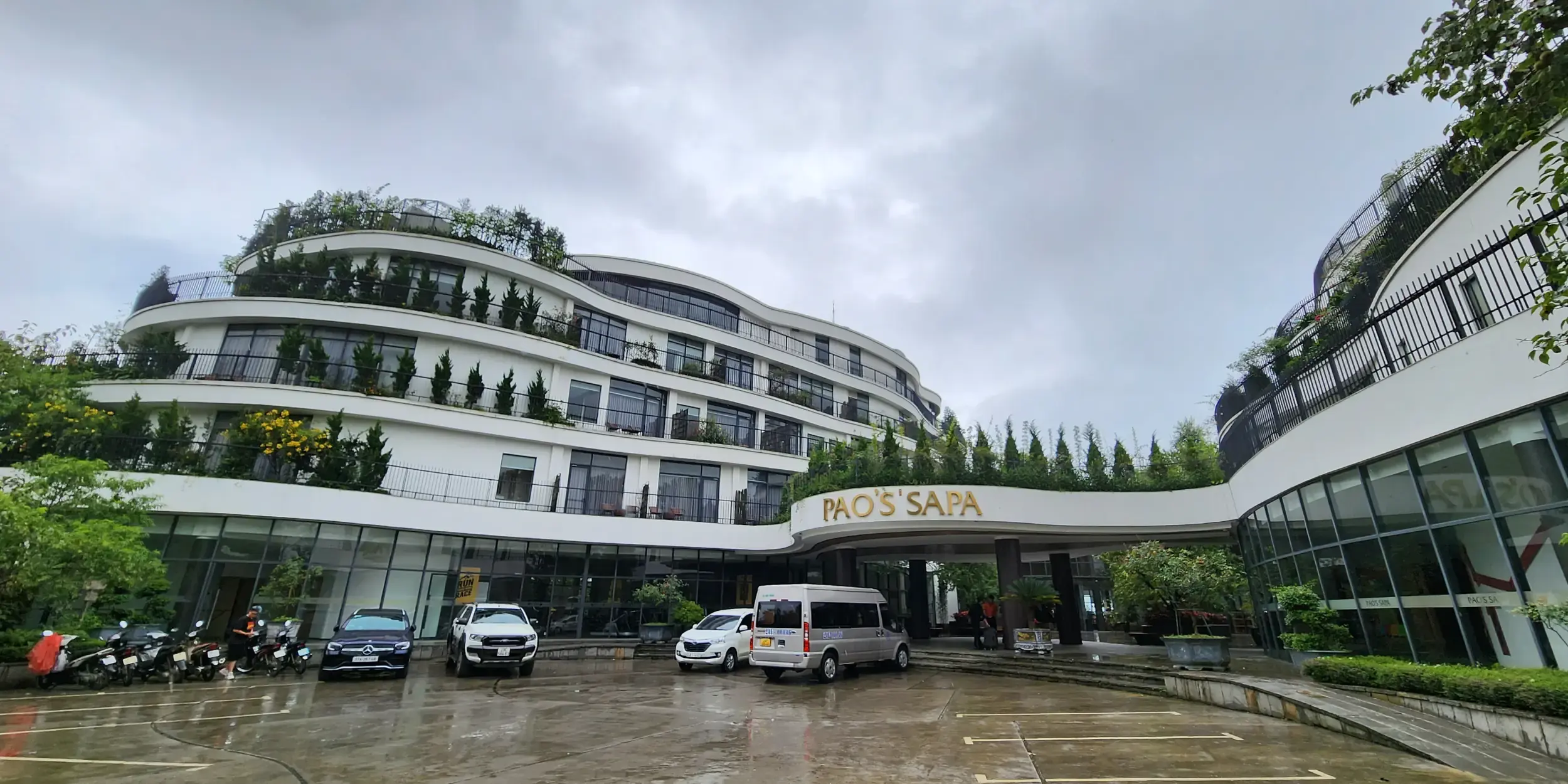
Pao's Sapa Leisure Hotel in Sapa, Vietnam

Thinking about Taking a Sleeper Bus in Vietnam?

Sapa - Trekker's Paradise, or Tourist Trap?
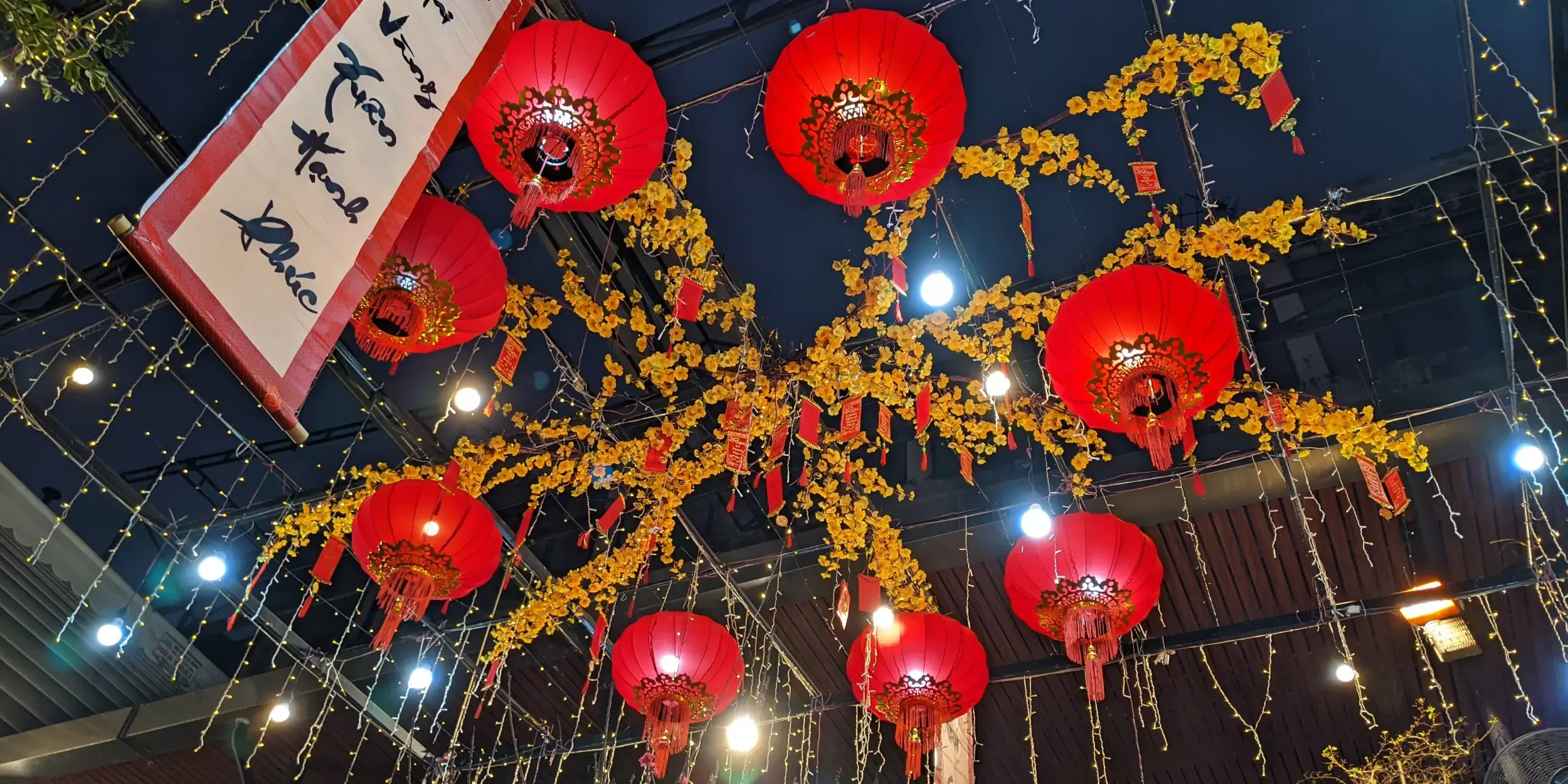
Planning to Visit Vietnam During Tet?
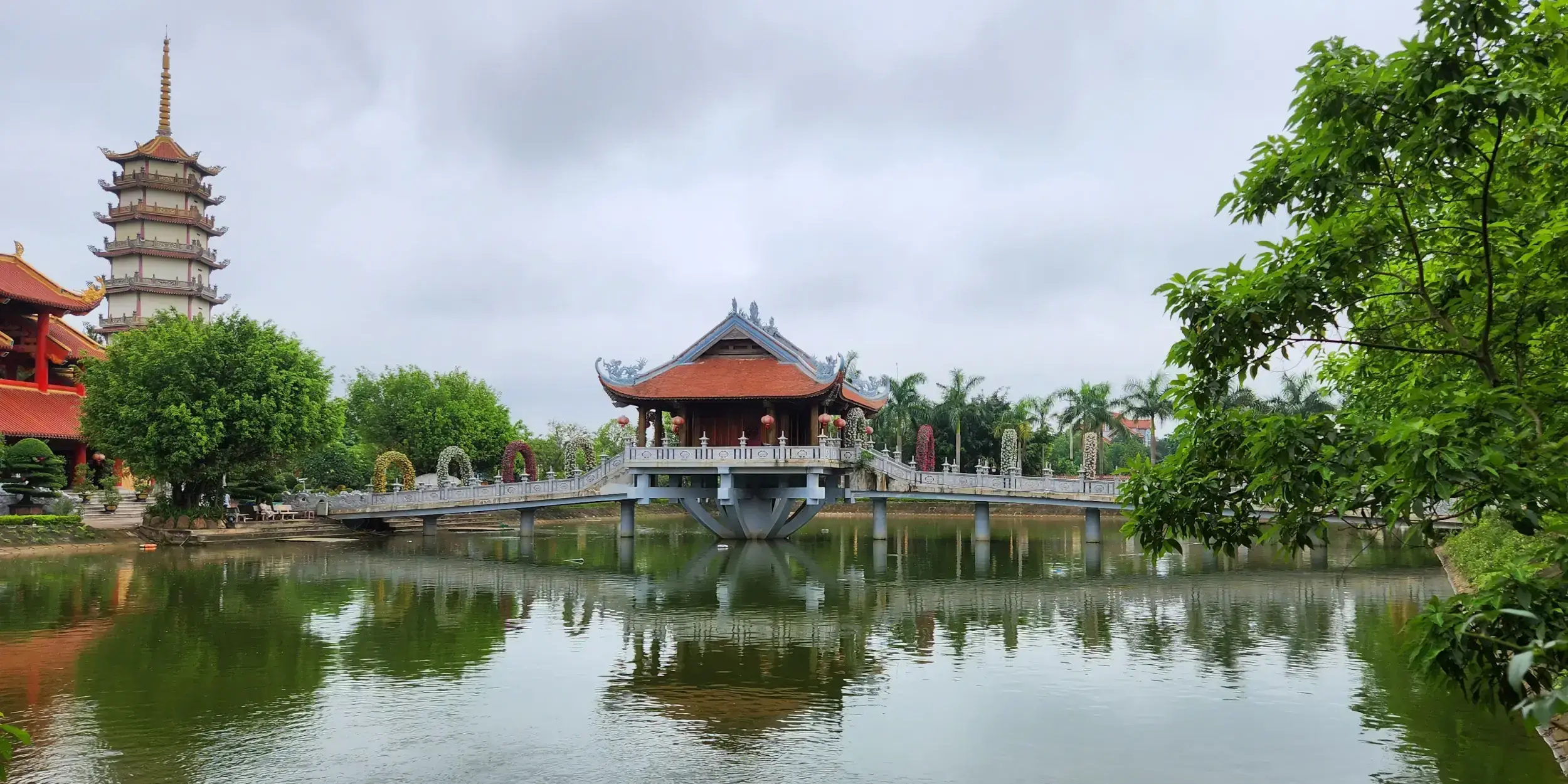
2 Tranquil Temples on the Outskirts of Hanoi

I Had One of the Best Burgers Ever at Haneda Airport

A Beautiful Afternoon in Hội An, Vietnam
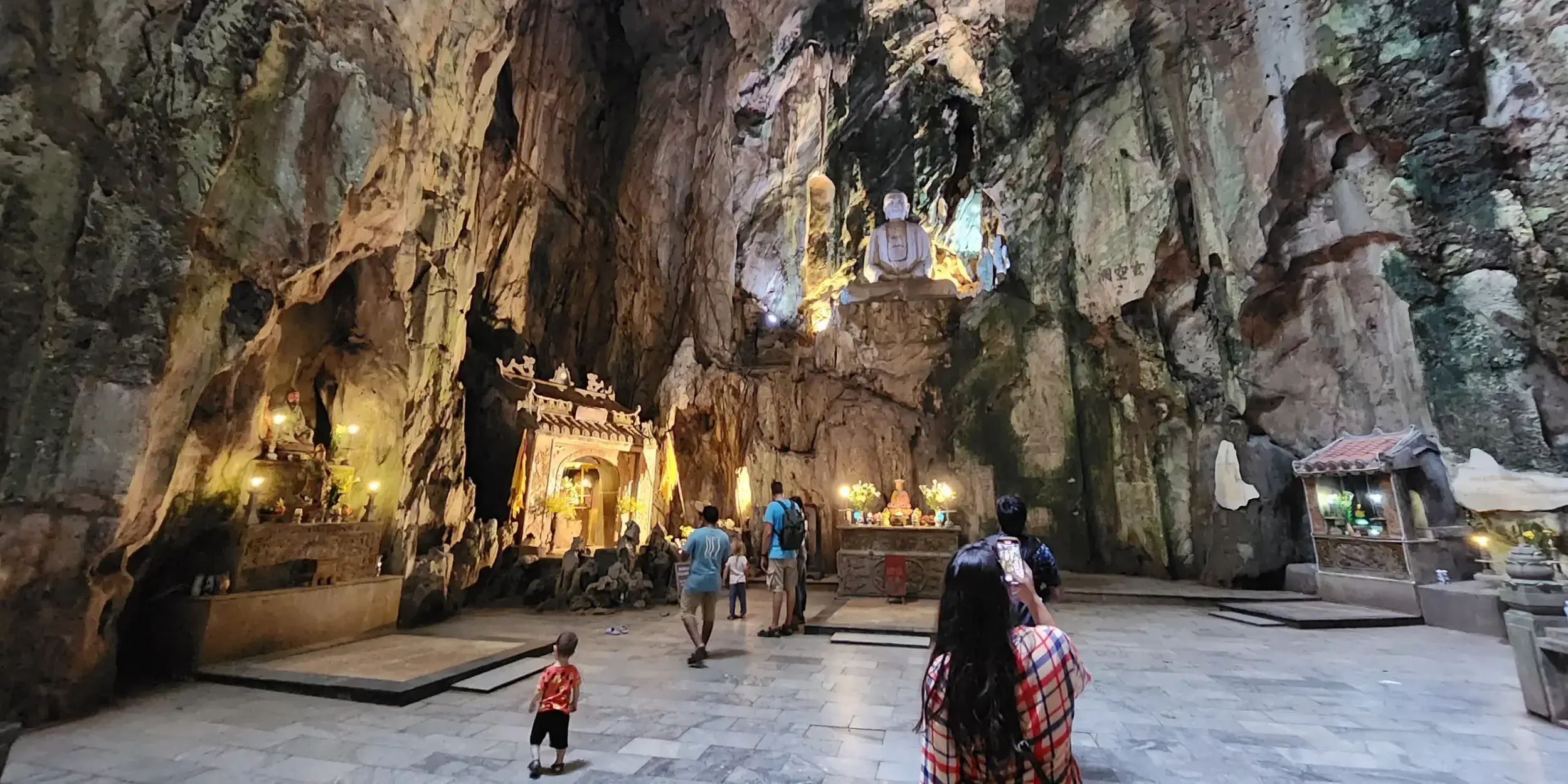
Visiting the Marble Mountains in Da Nang, Vietnam
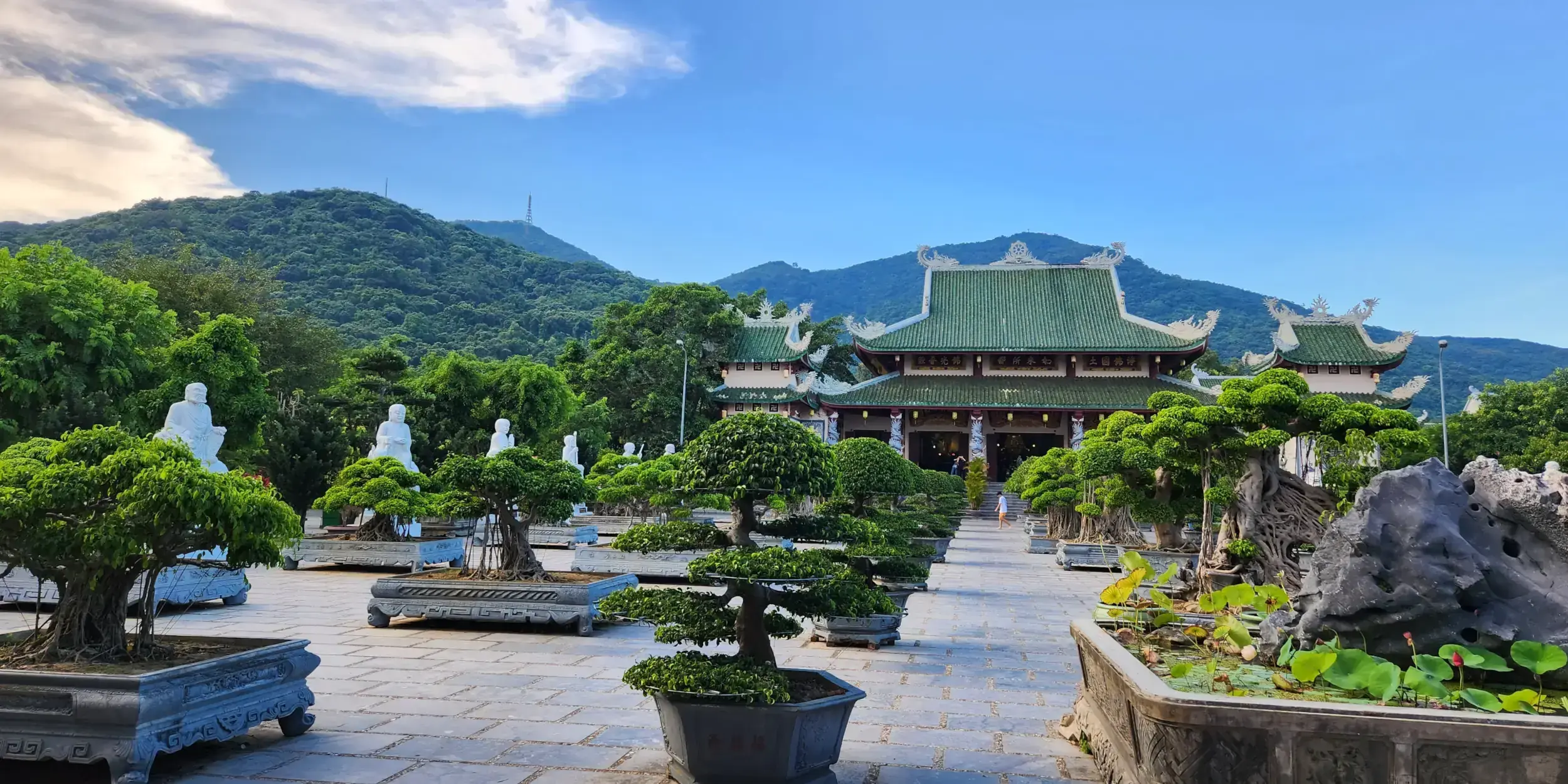
Linh Ứng Pagoda, Da Nang, Vietnam
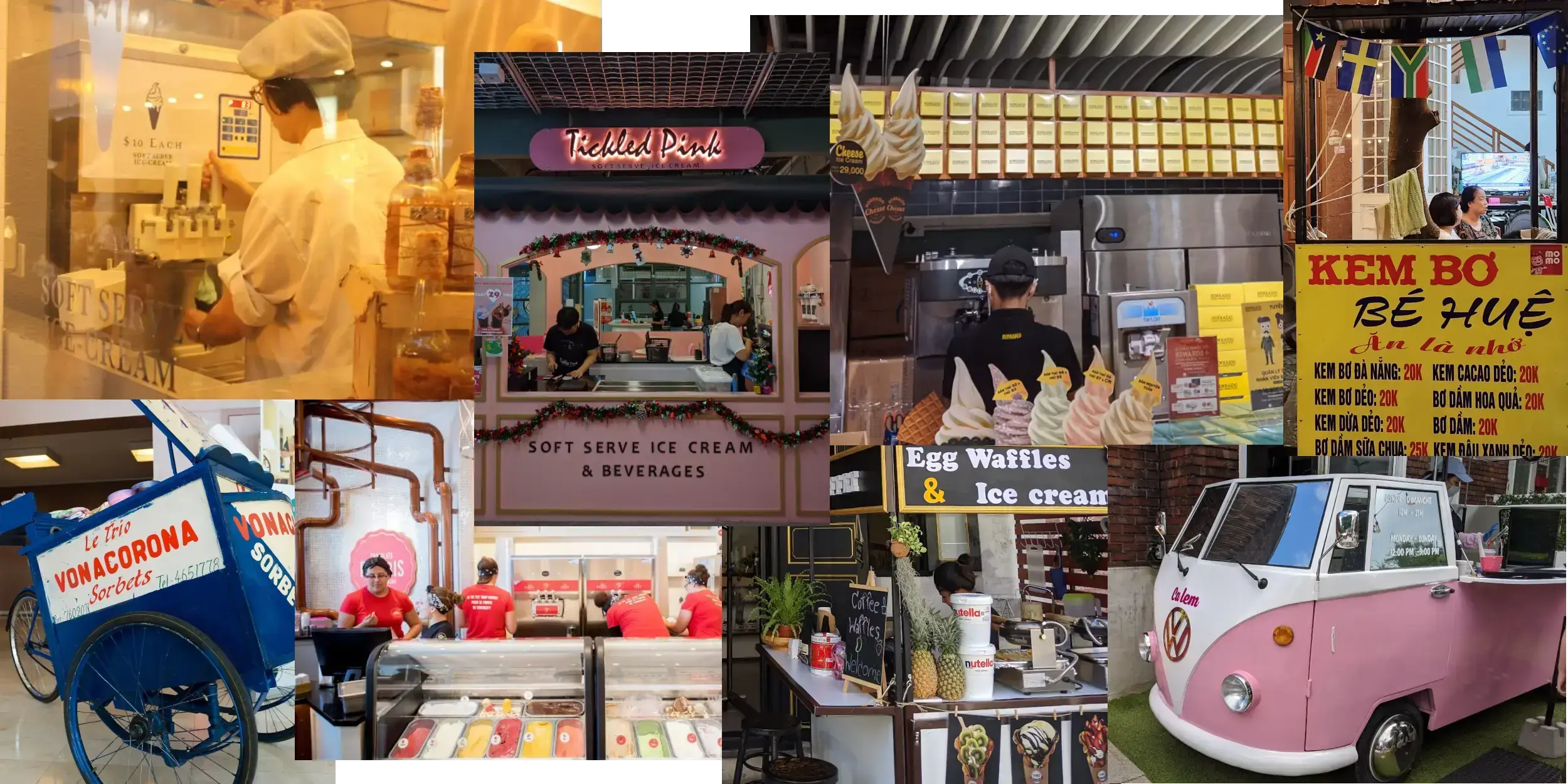
Unique and Delicious Ice Cream From Around the World
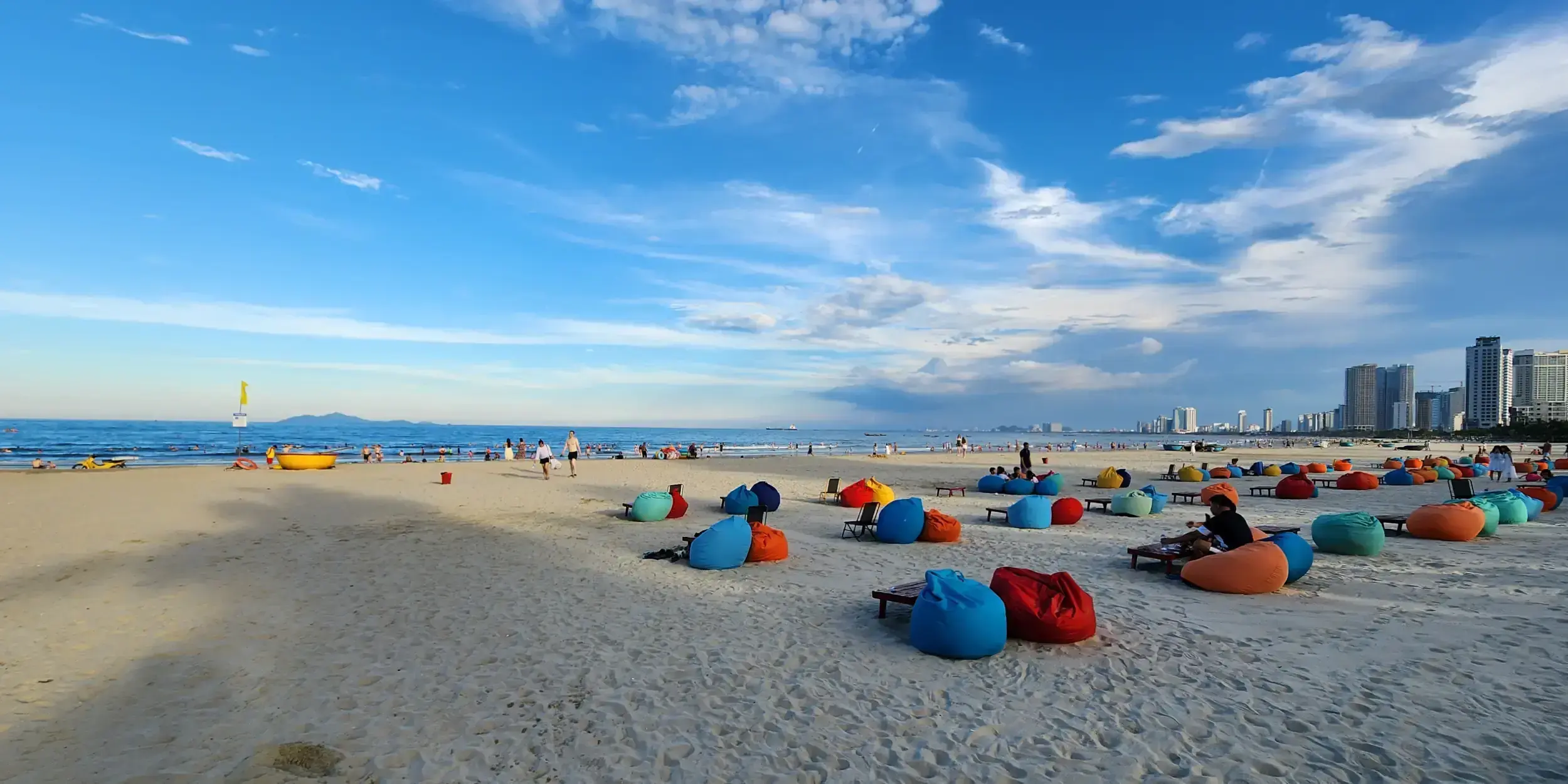
Da Nang Beaches - Pham Van Dong vs. My Khe
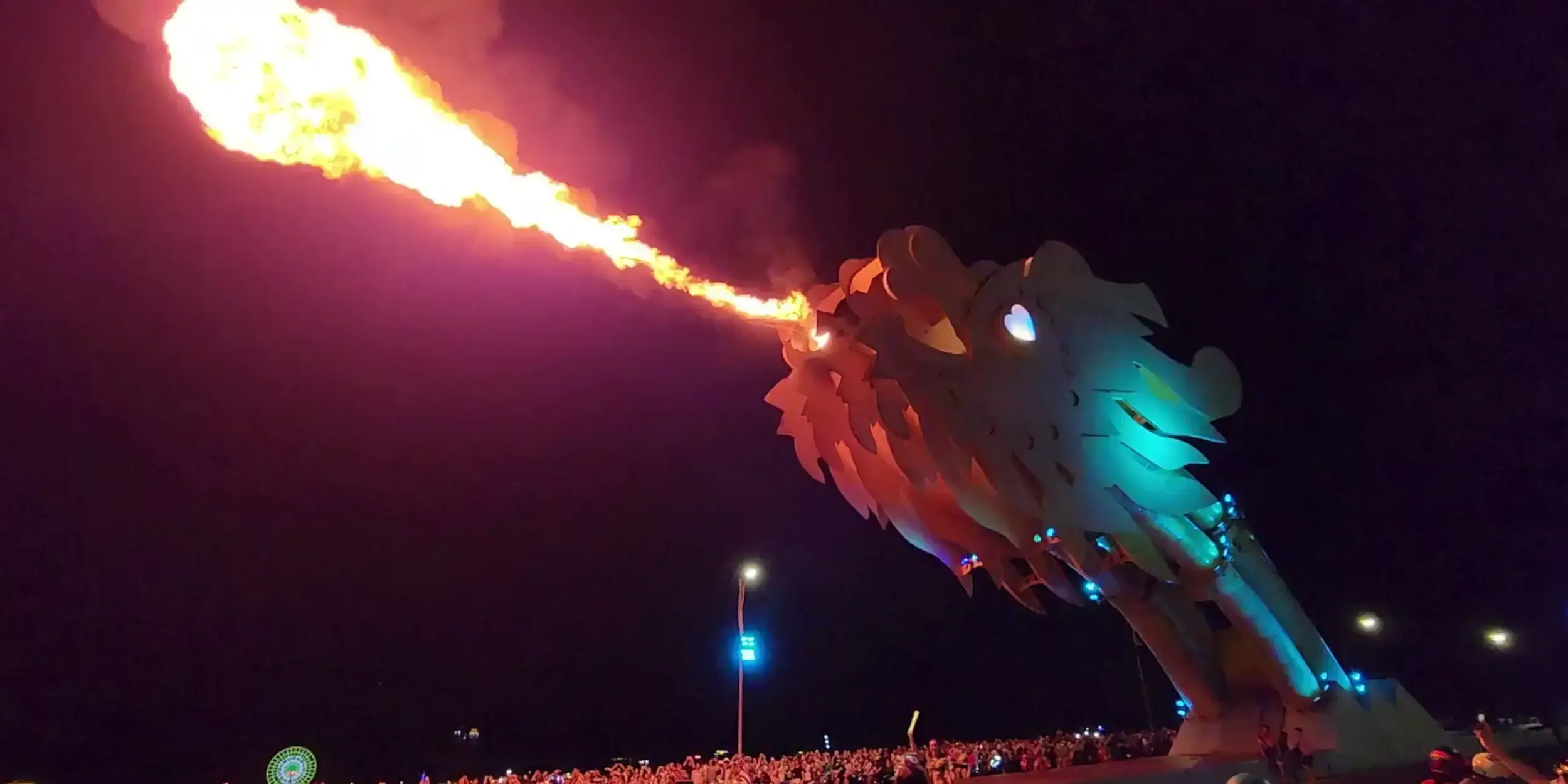
Dragon Bridge Show Da Nang - Bridge vs Cruise
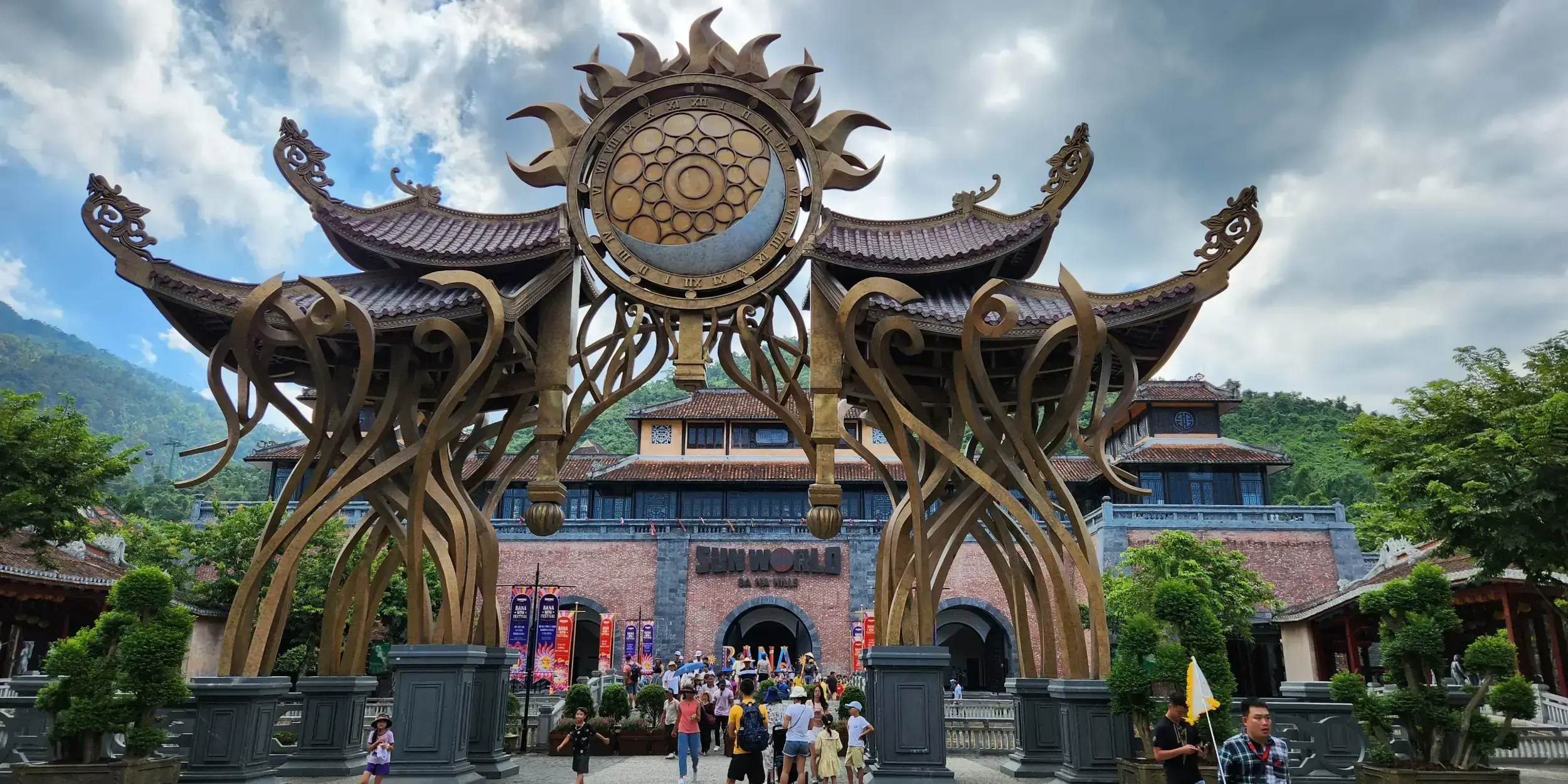
Sun World Bà Nà Hills, Da Nang, Vietnam
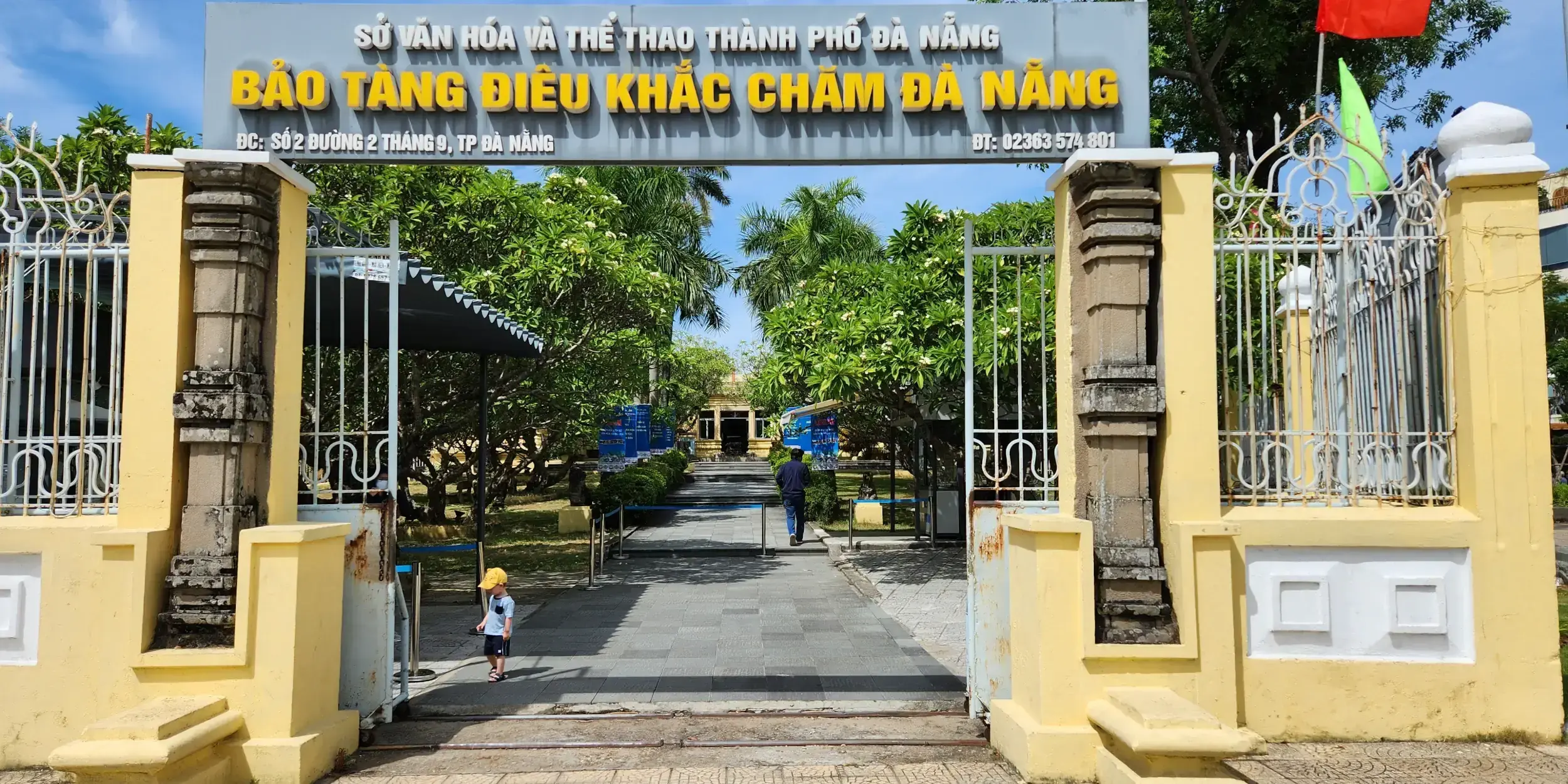
Museum of Cham Sculpture, Da Nang, Vietnam
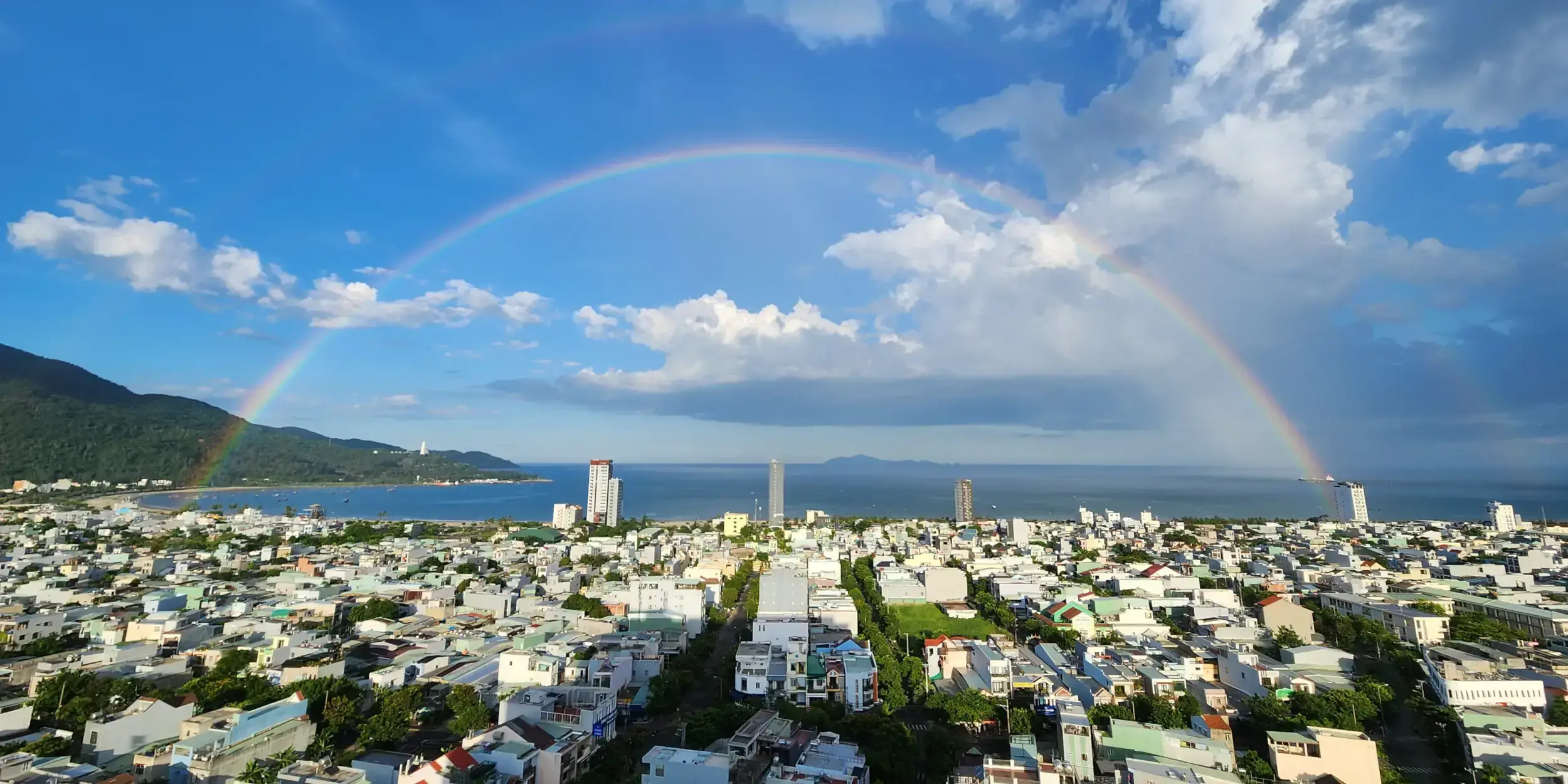
Da Nang, Vietnam
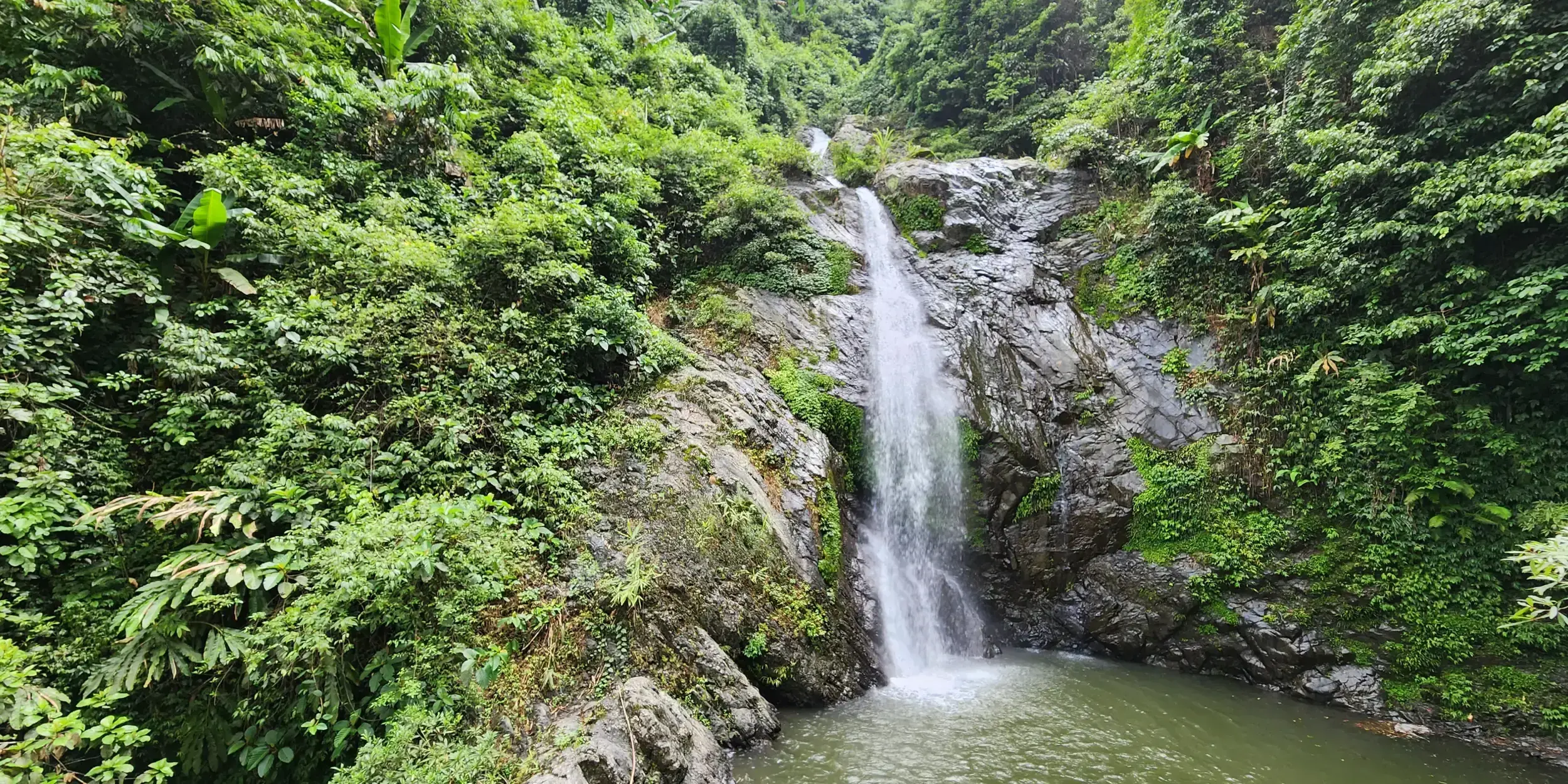
Nine waterfalls of Tú Sơn, Hoa Binh, Vietnam
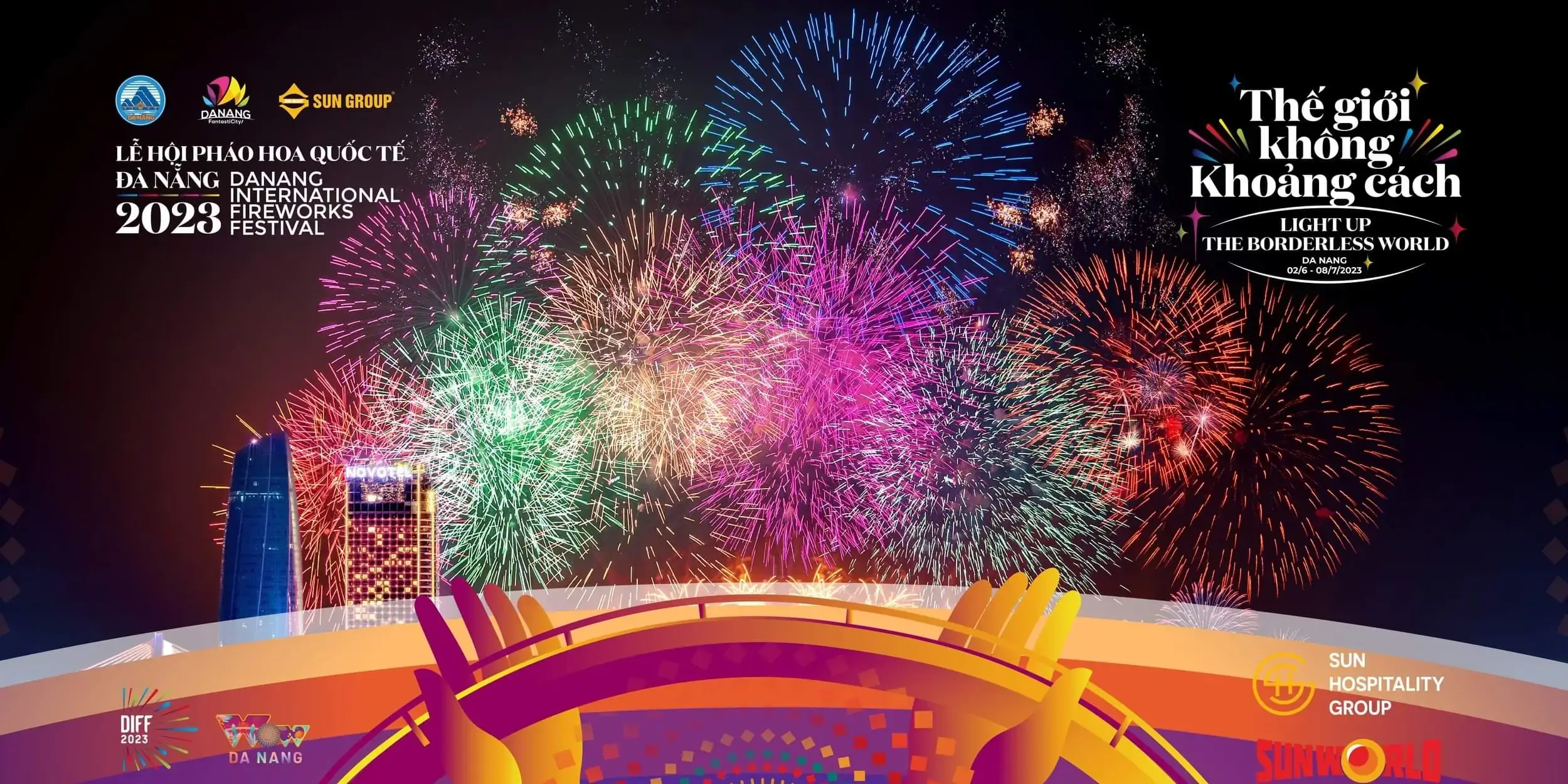
Da Nang International Fireworks Festival 2023

Bamboo River Raft Cruise, Hoa Binh, Vietnam
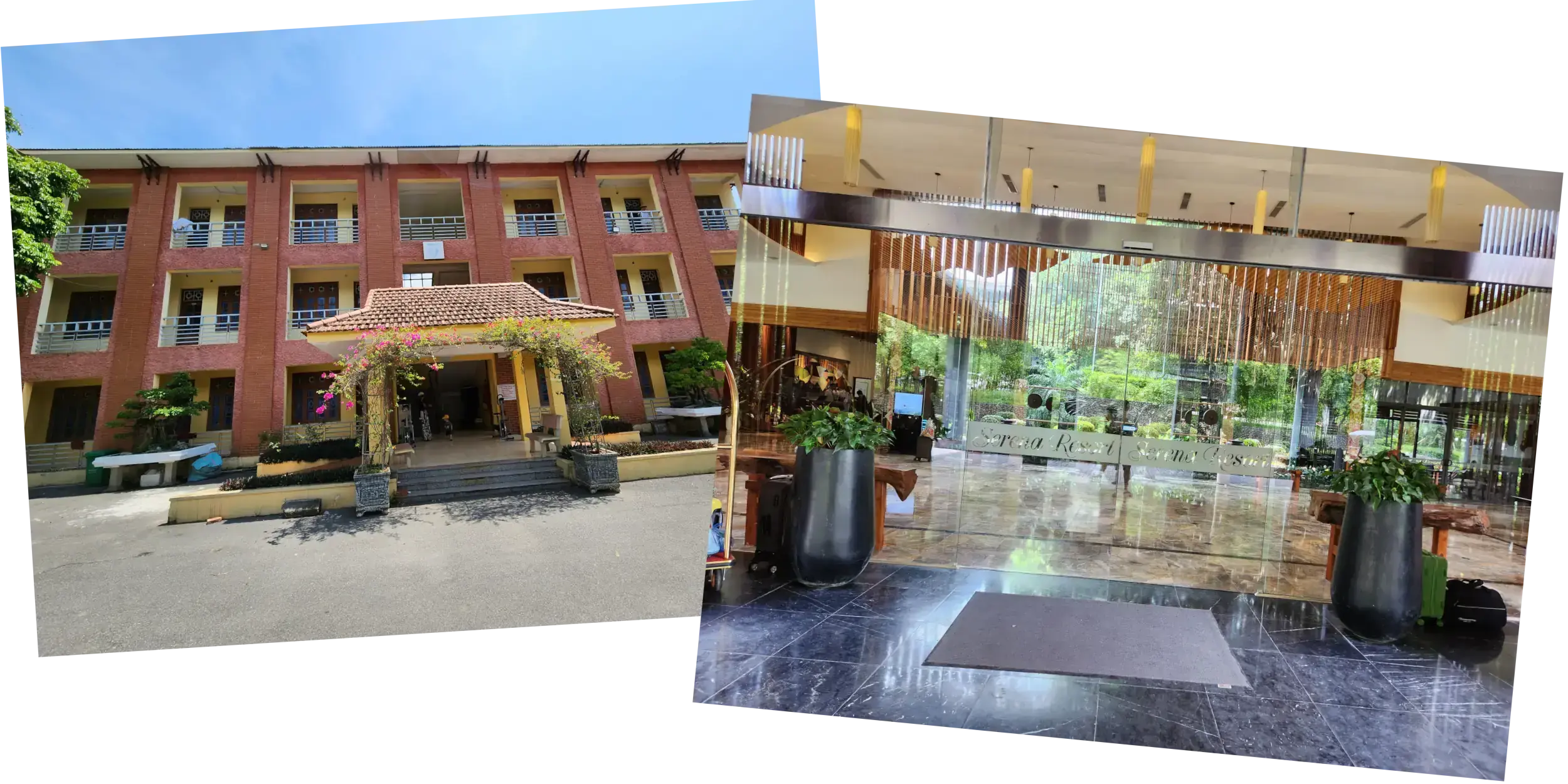
A Tale of Two Resorts in Hoa Binh, Vietnam
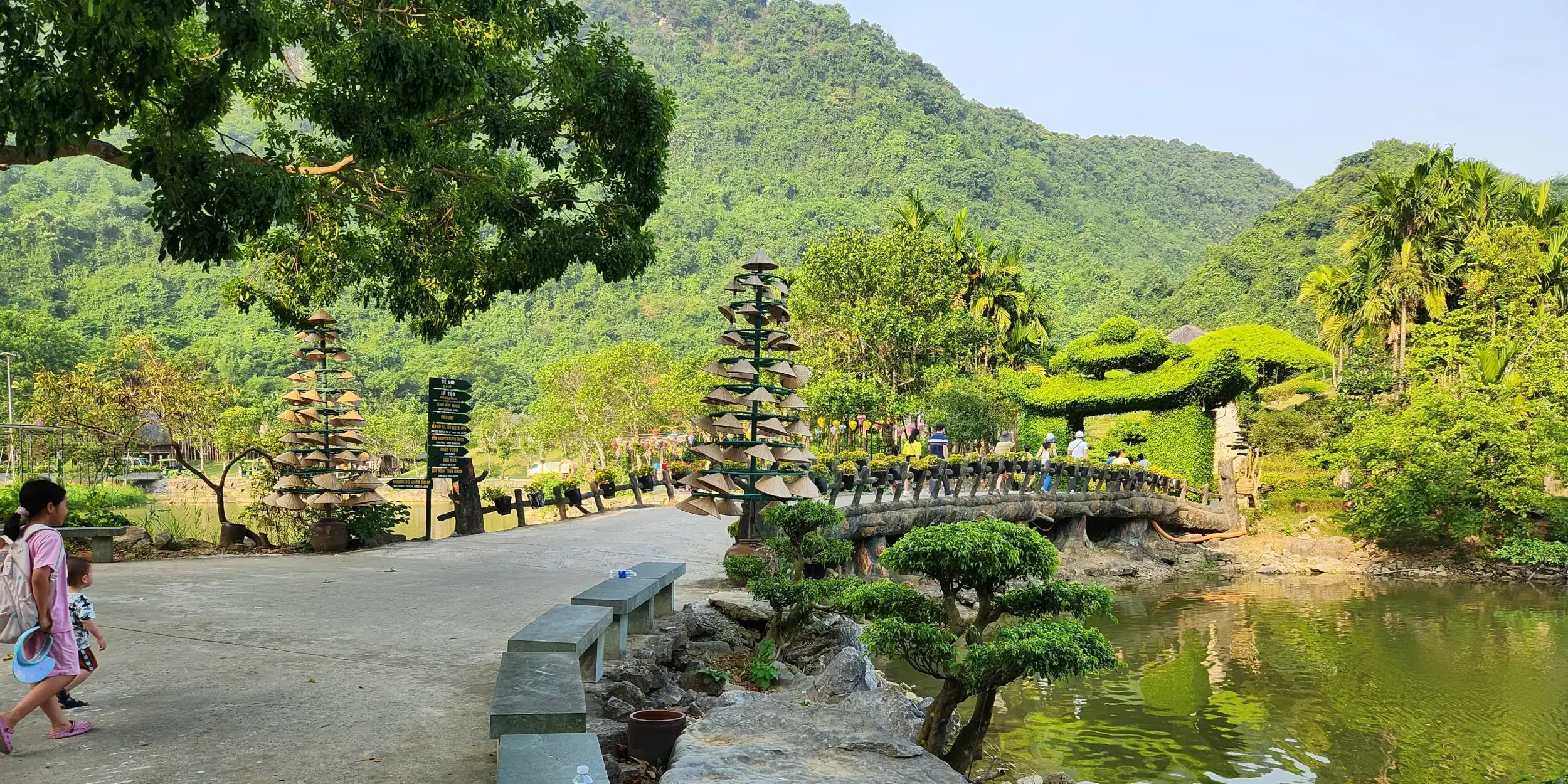
2 Days in Ninh Binh, Vietnam
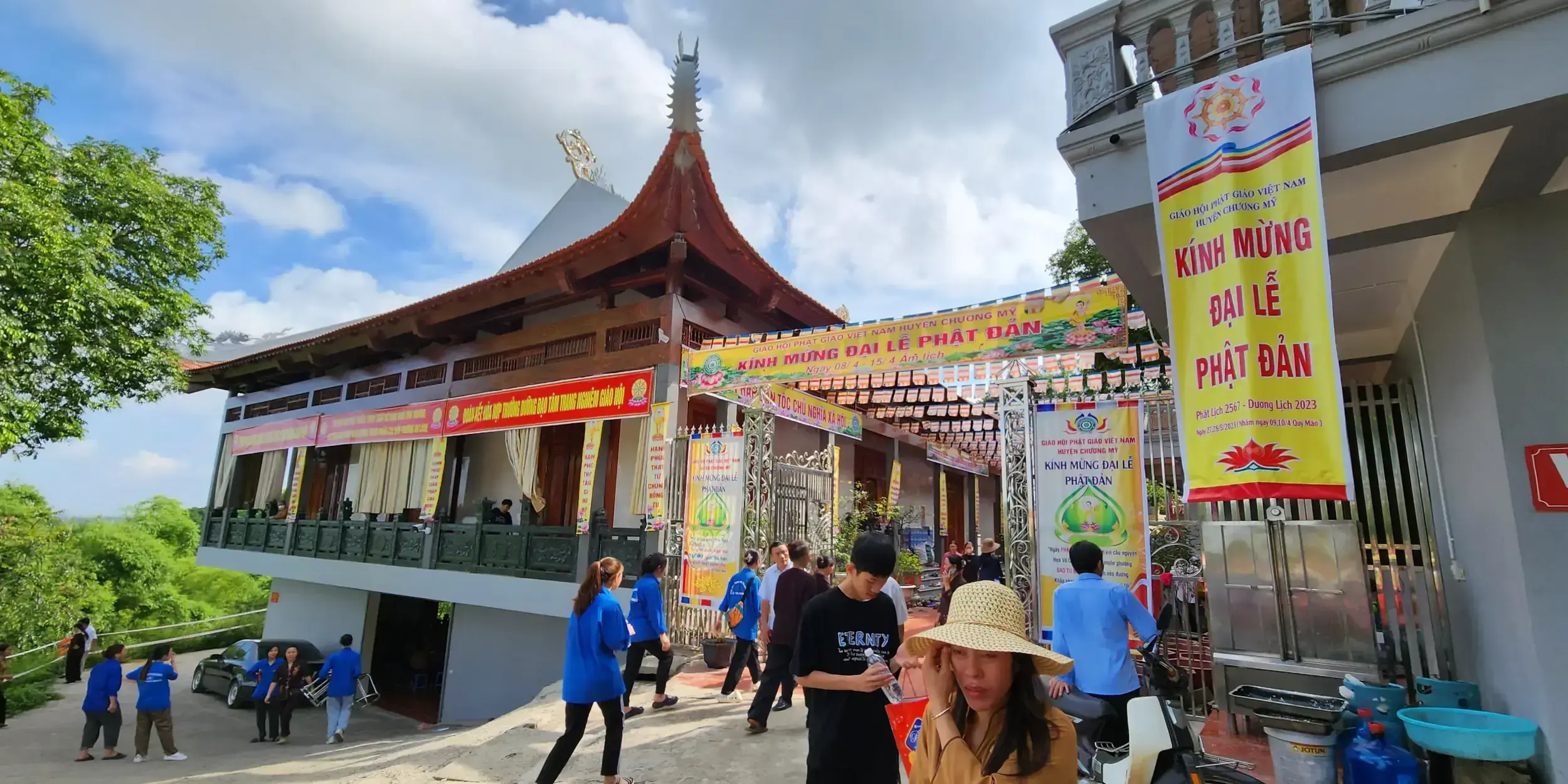
Trăm Gian Pagoda, Hanoi, Vietnam
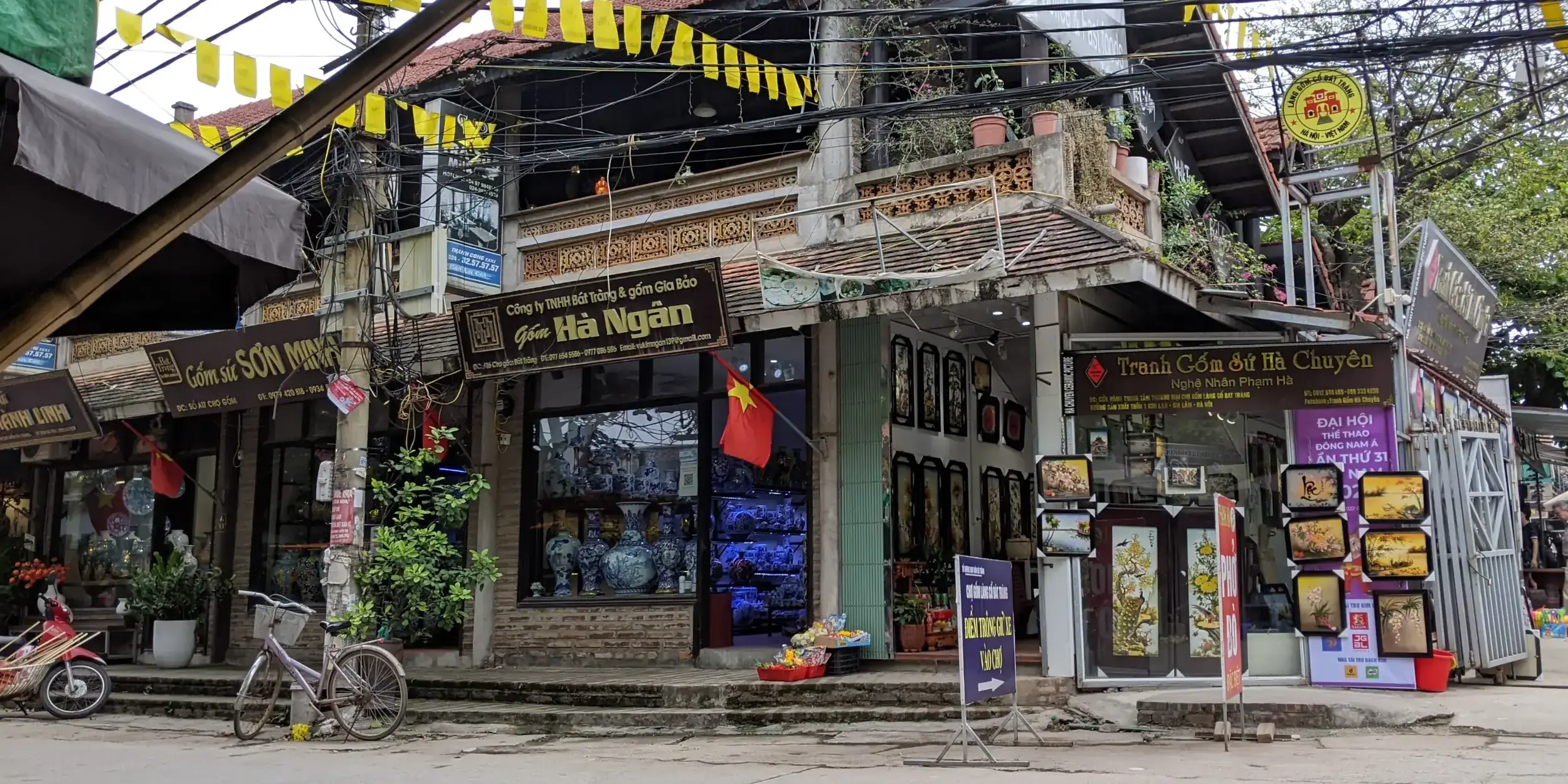
Bát Tràng Pottery Village, Hanoi, Vietnam

Hạ Long Bay 2-Day 1-Night Cruise, Ha Long, Vietnam
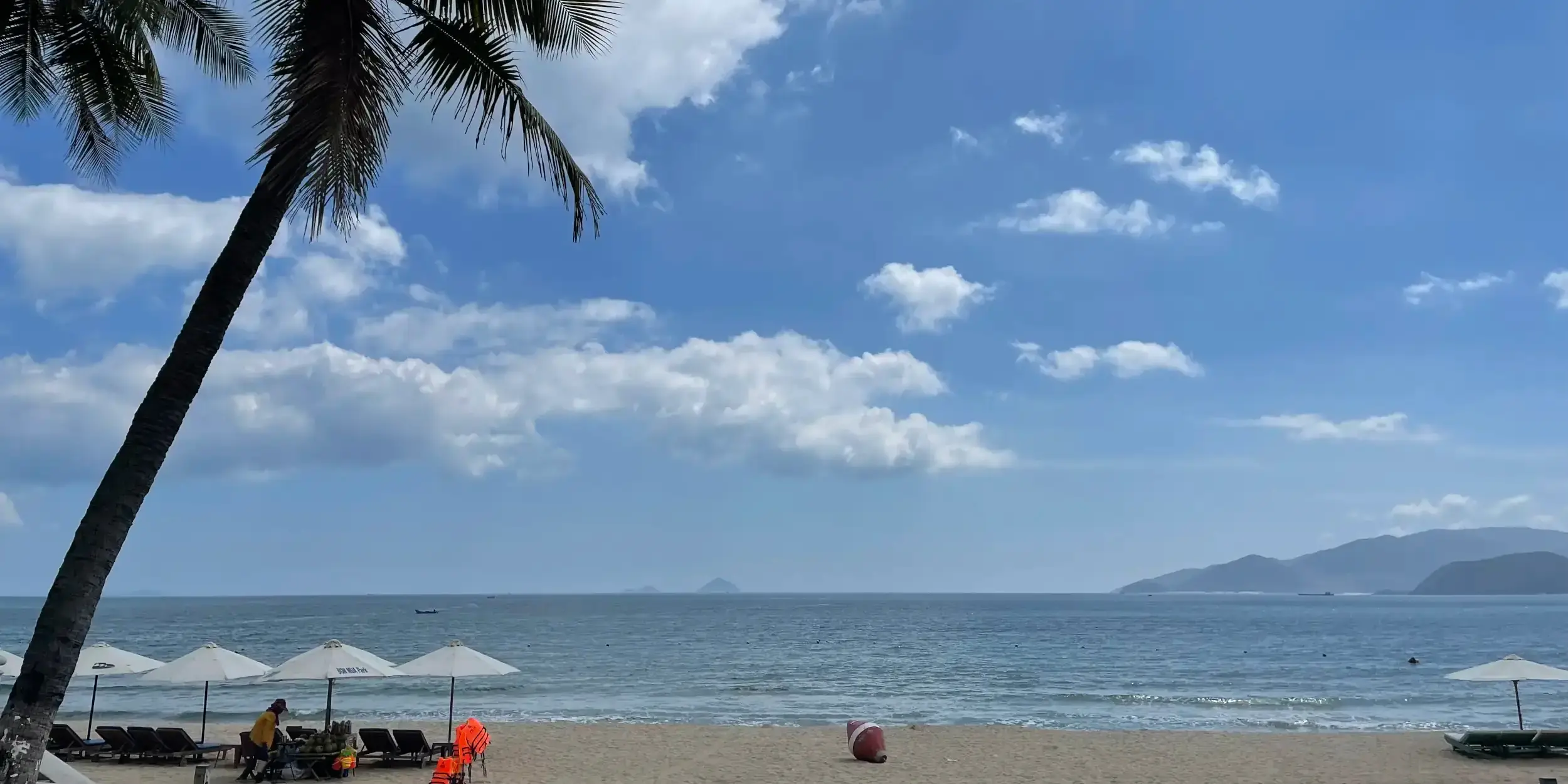
The Beaches in Nha Trang, Vietnam
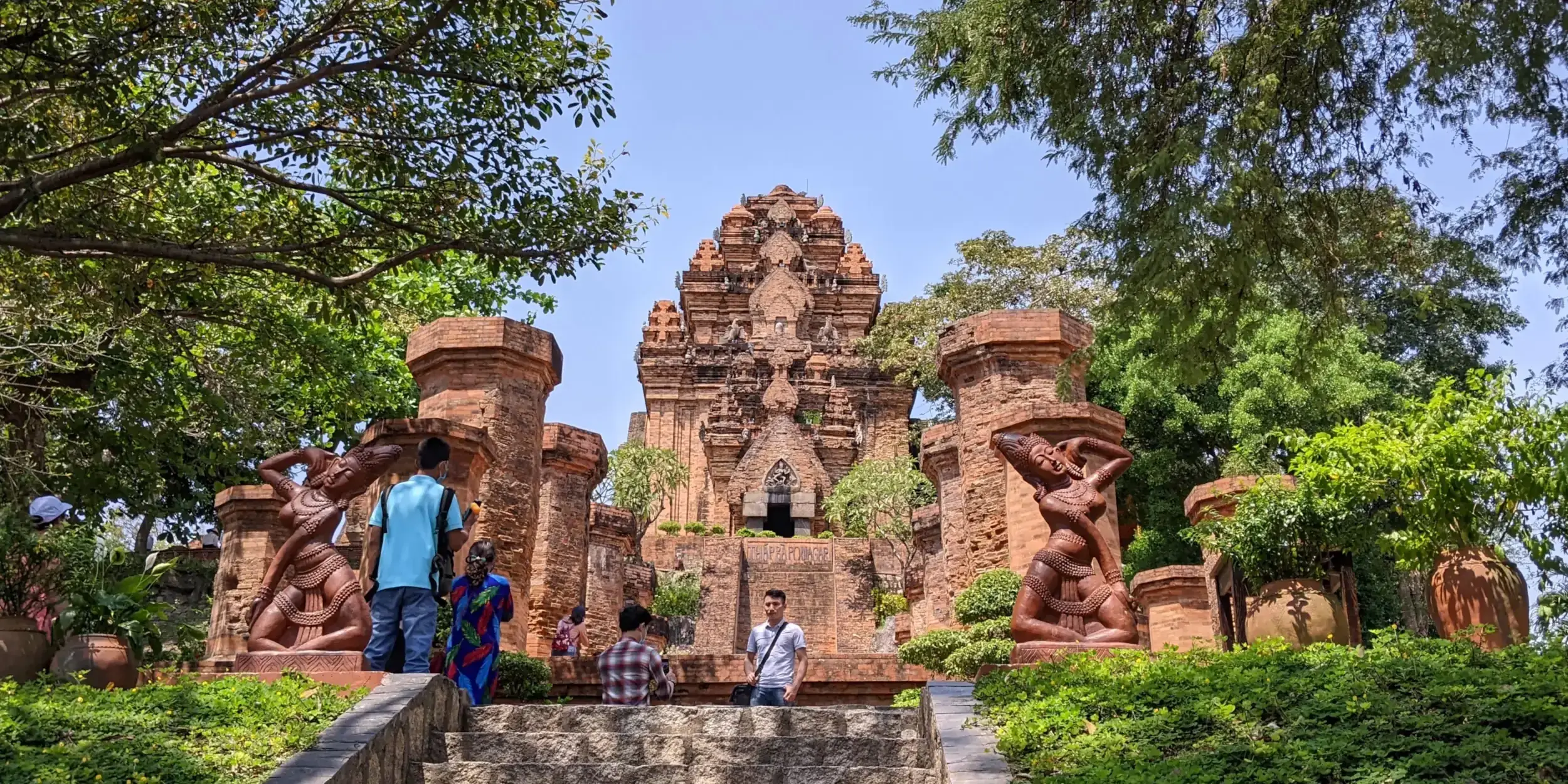
Po Nagar Cham Temple Ruins, Nha Trang, Vietnam
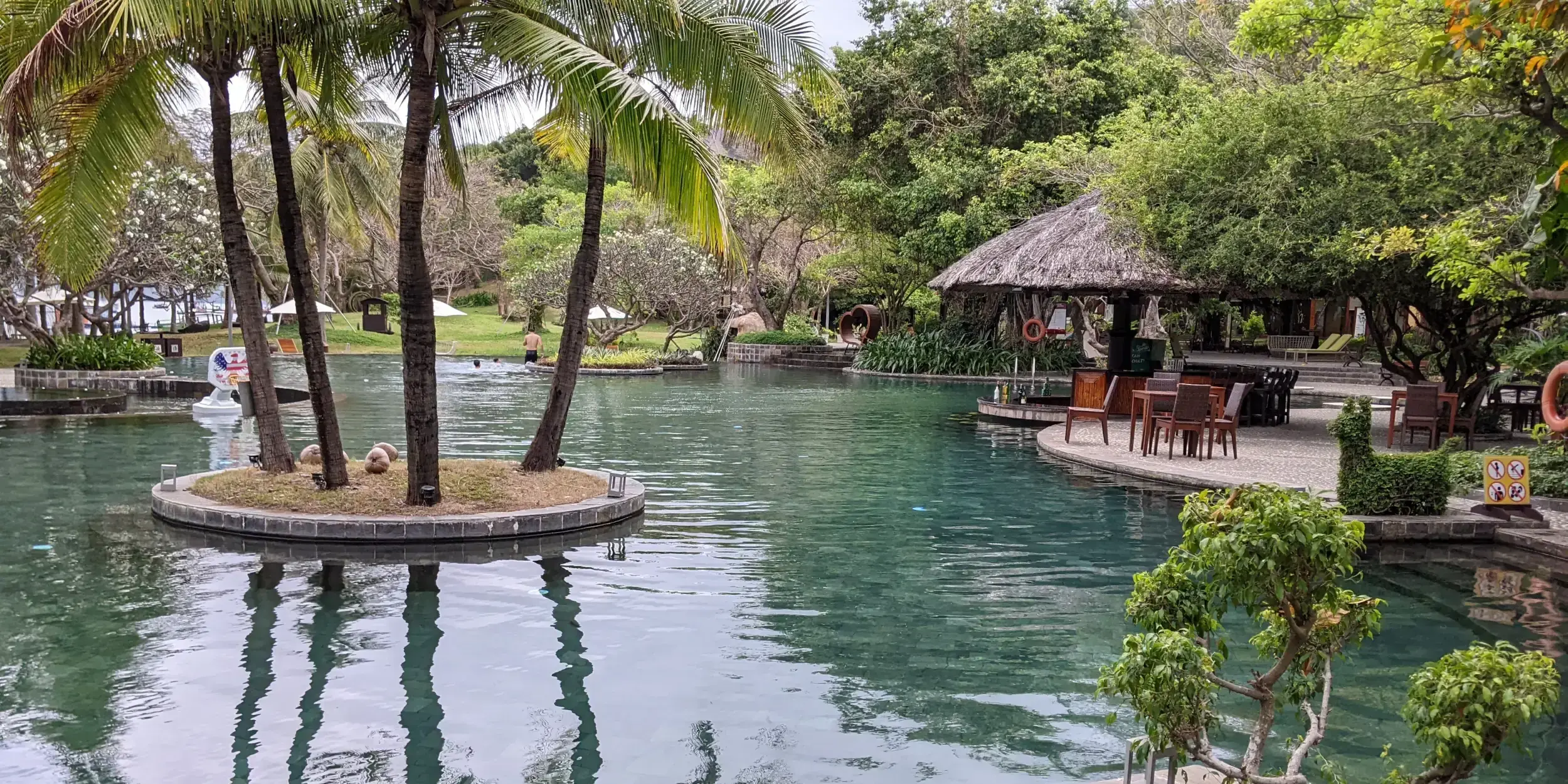
MerPerle Hon Tam Resort, Nha Trang, Vietnam
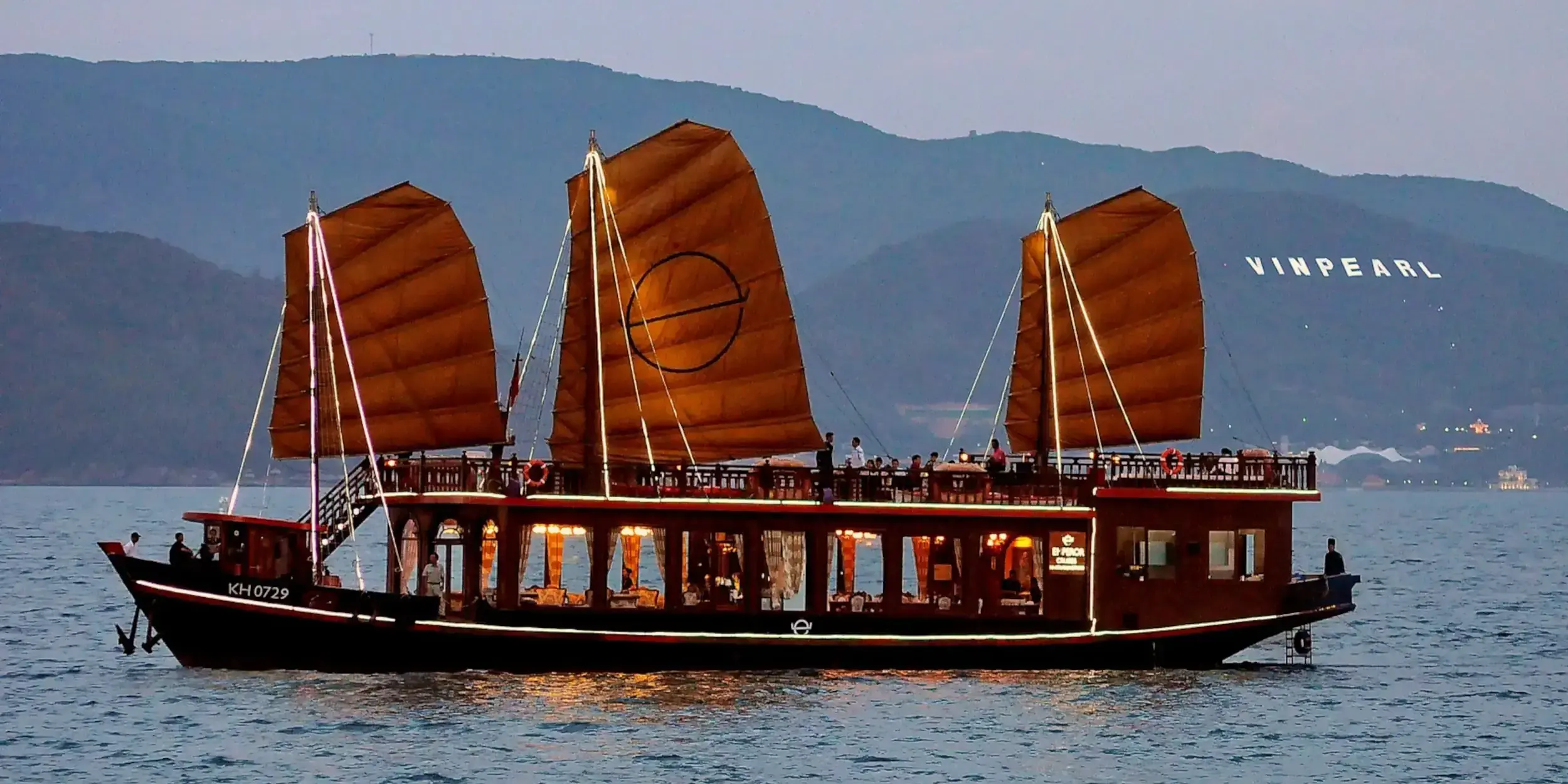
Emperor Cocktail & Dinner Cruise, Nha Trang, Vietnam
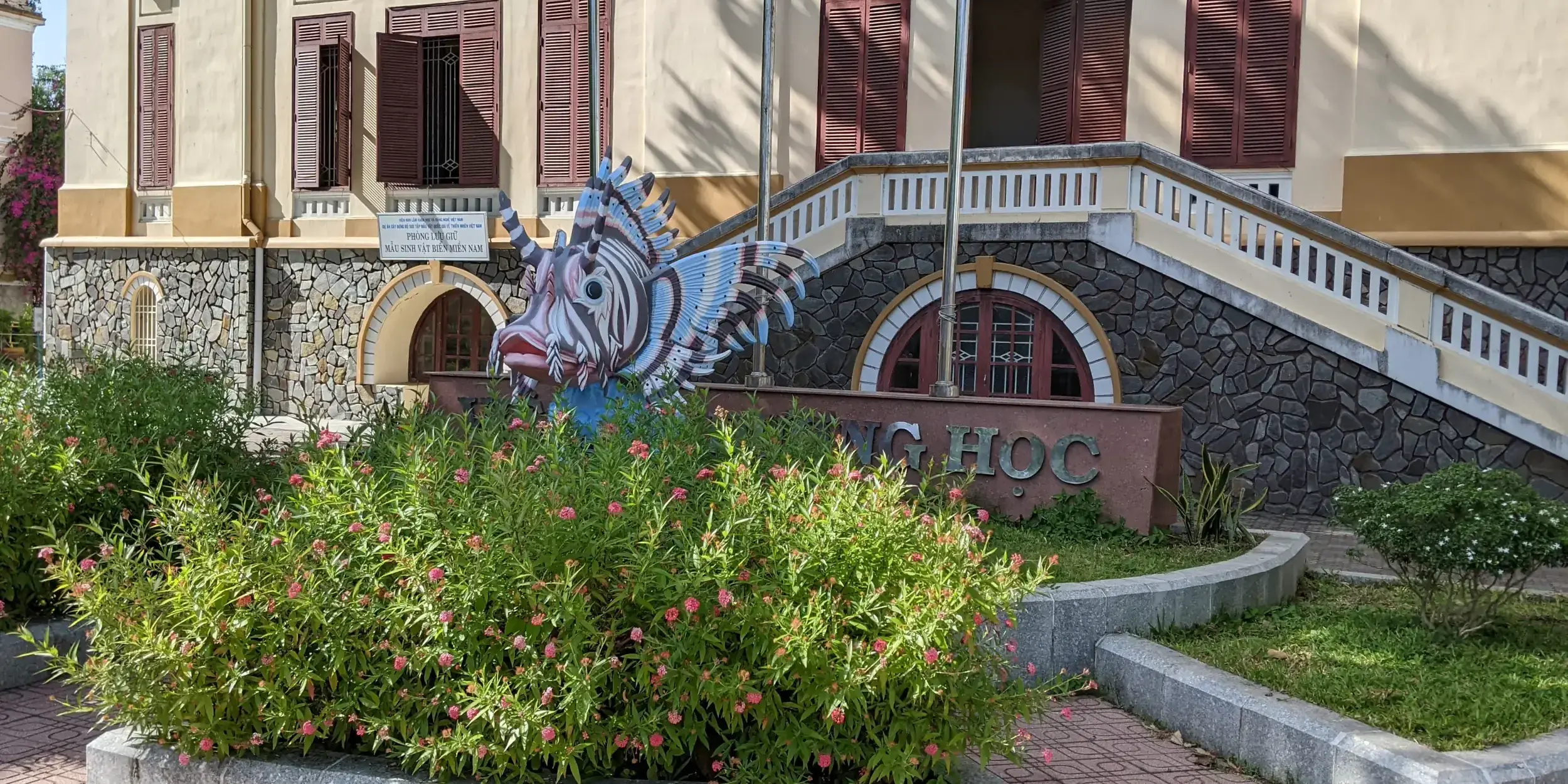
Museum of Oceanography, Nha Trang, Vietnam
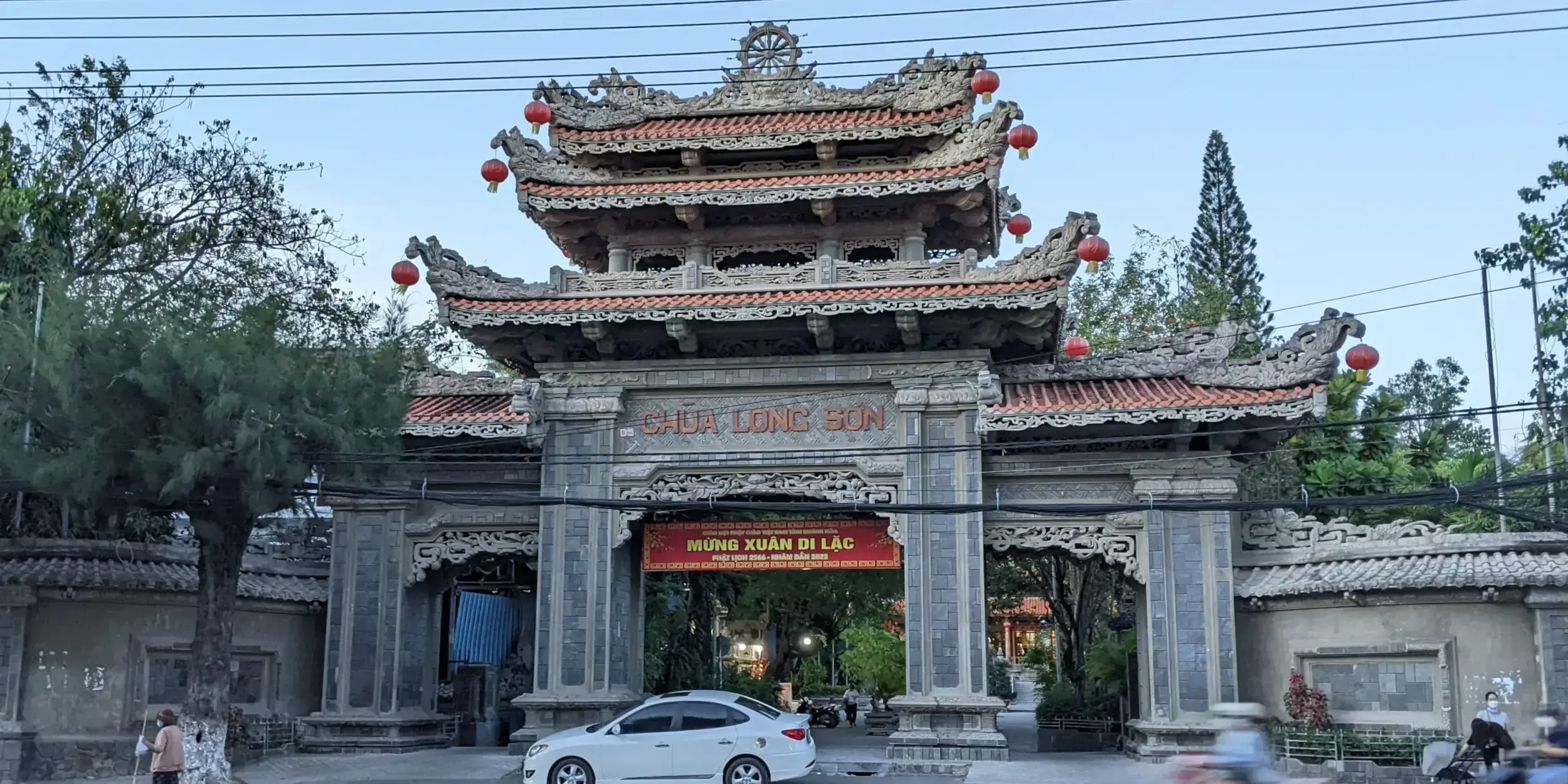
Long Sơn Temple, Nha Trang, Vietnam
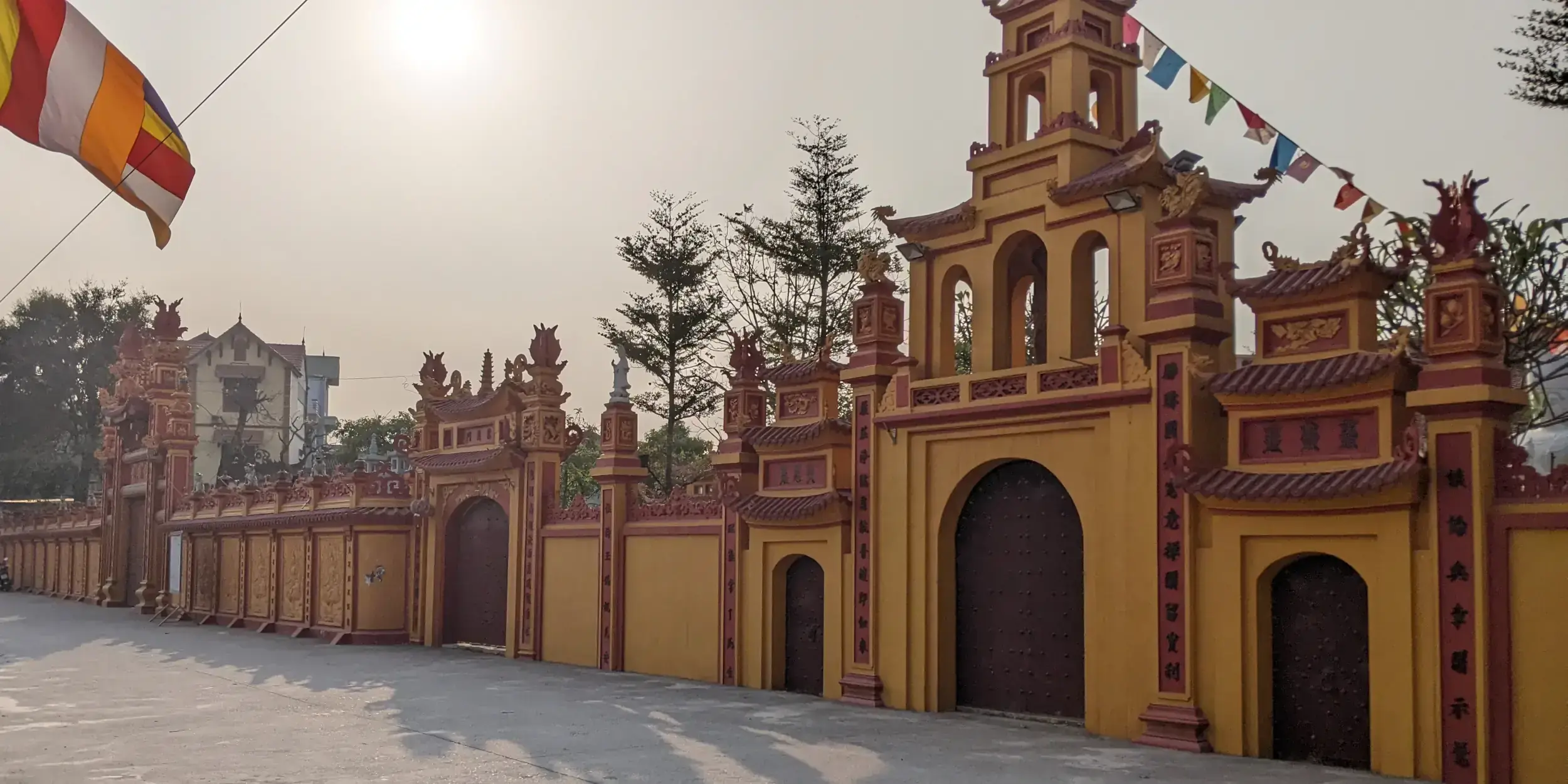
Thắng Nghiêm Temple, Hanoi, Vietnam
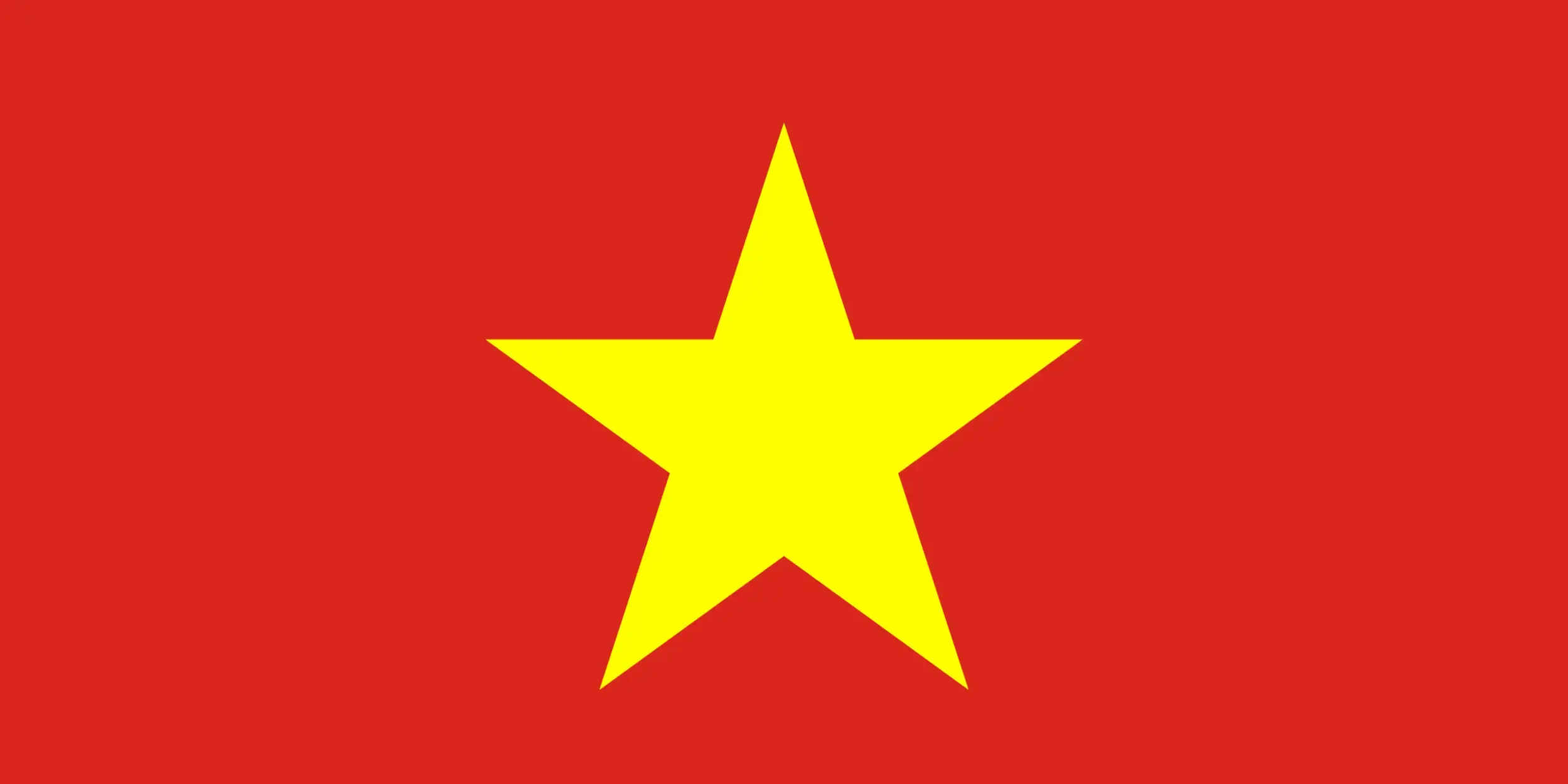
3 Weeks in Vietnam
1 Week in Thailand
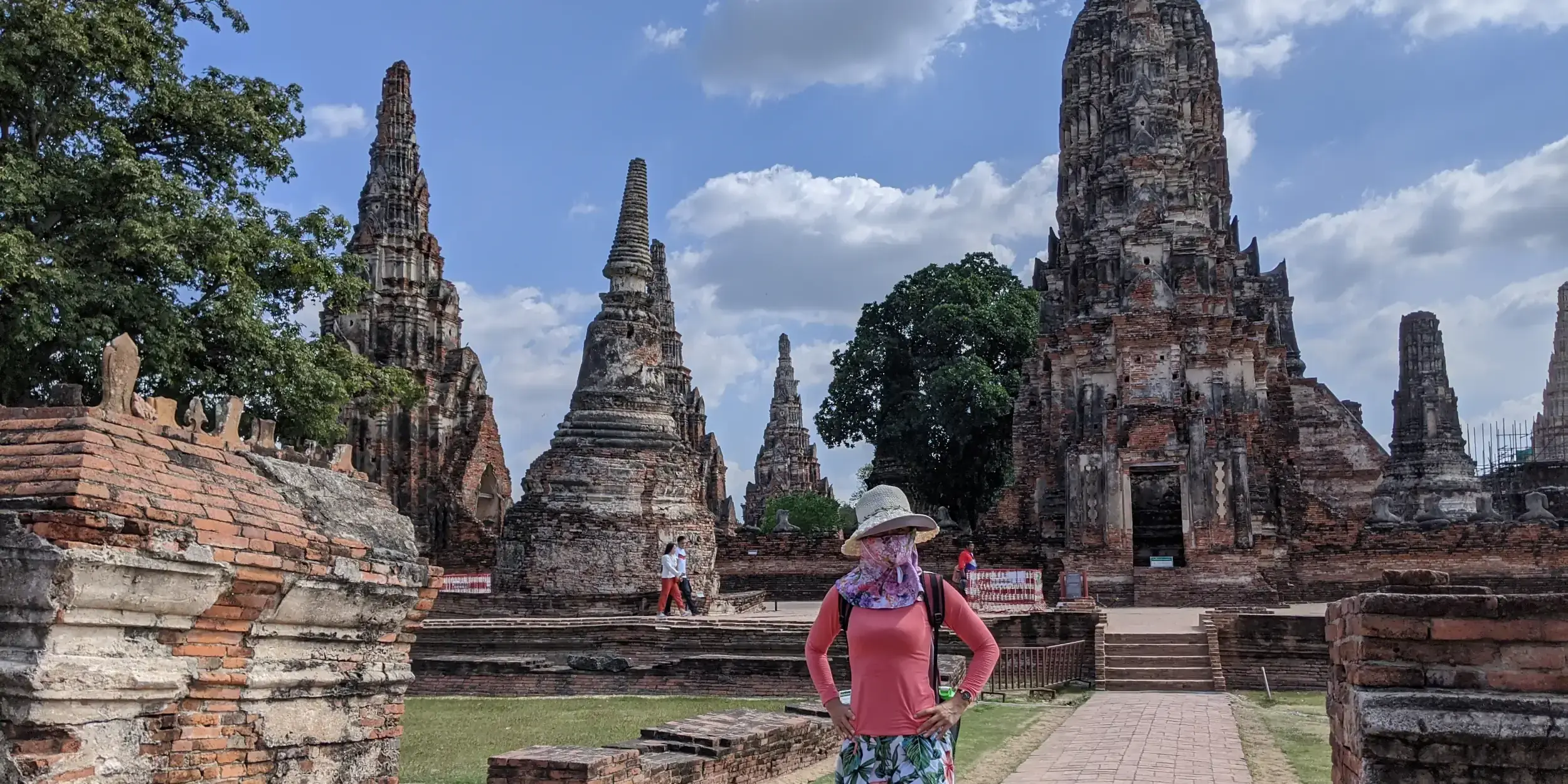
1 Day in Ayutthaya, Thailand
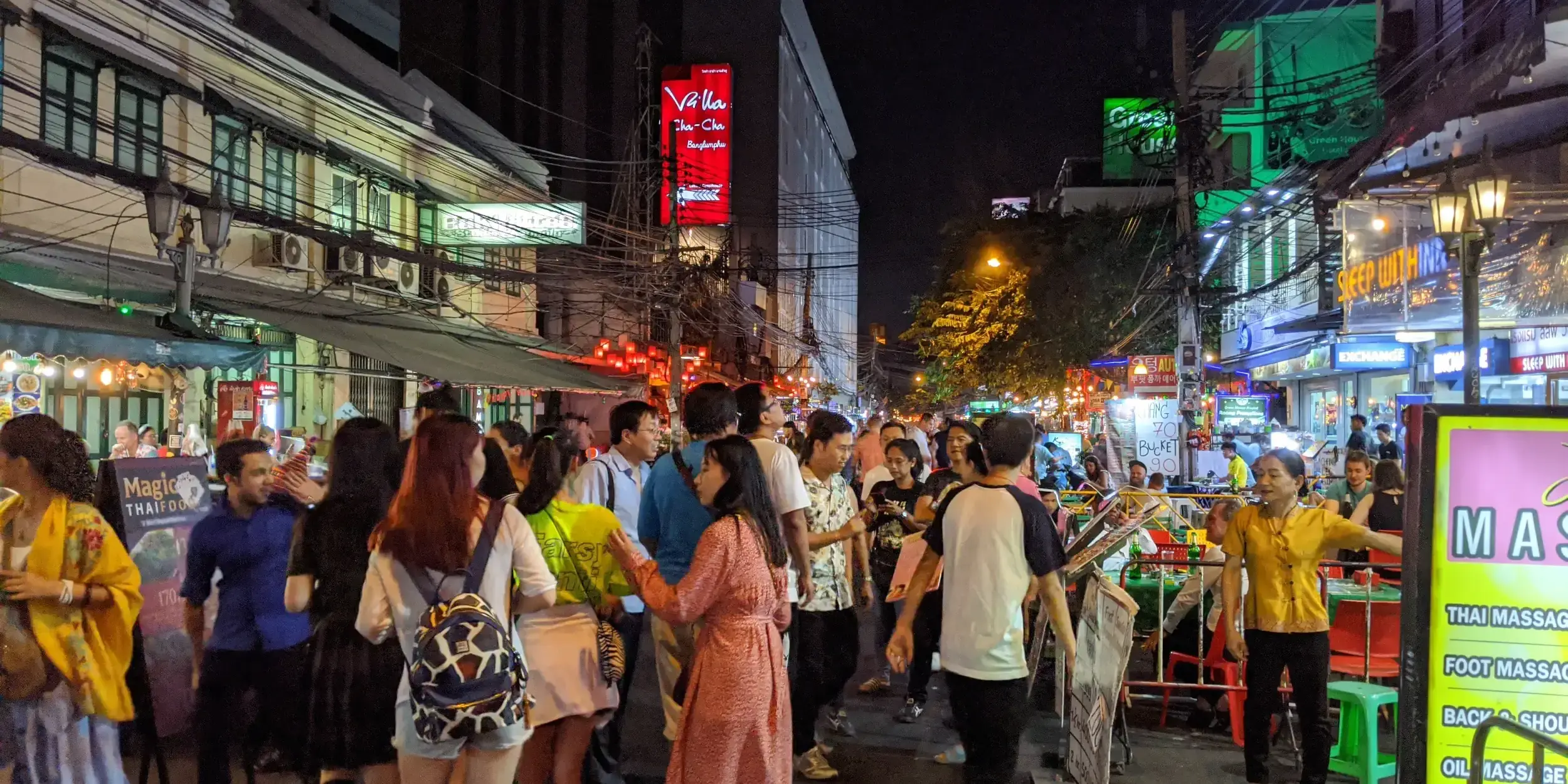
2 Days in Bangkok, Thailand
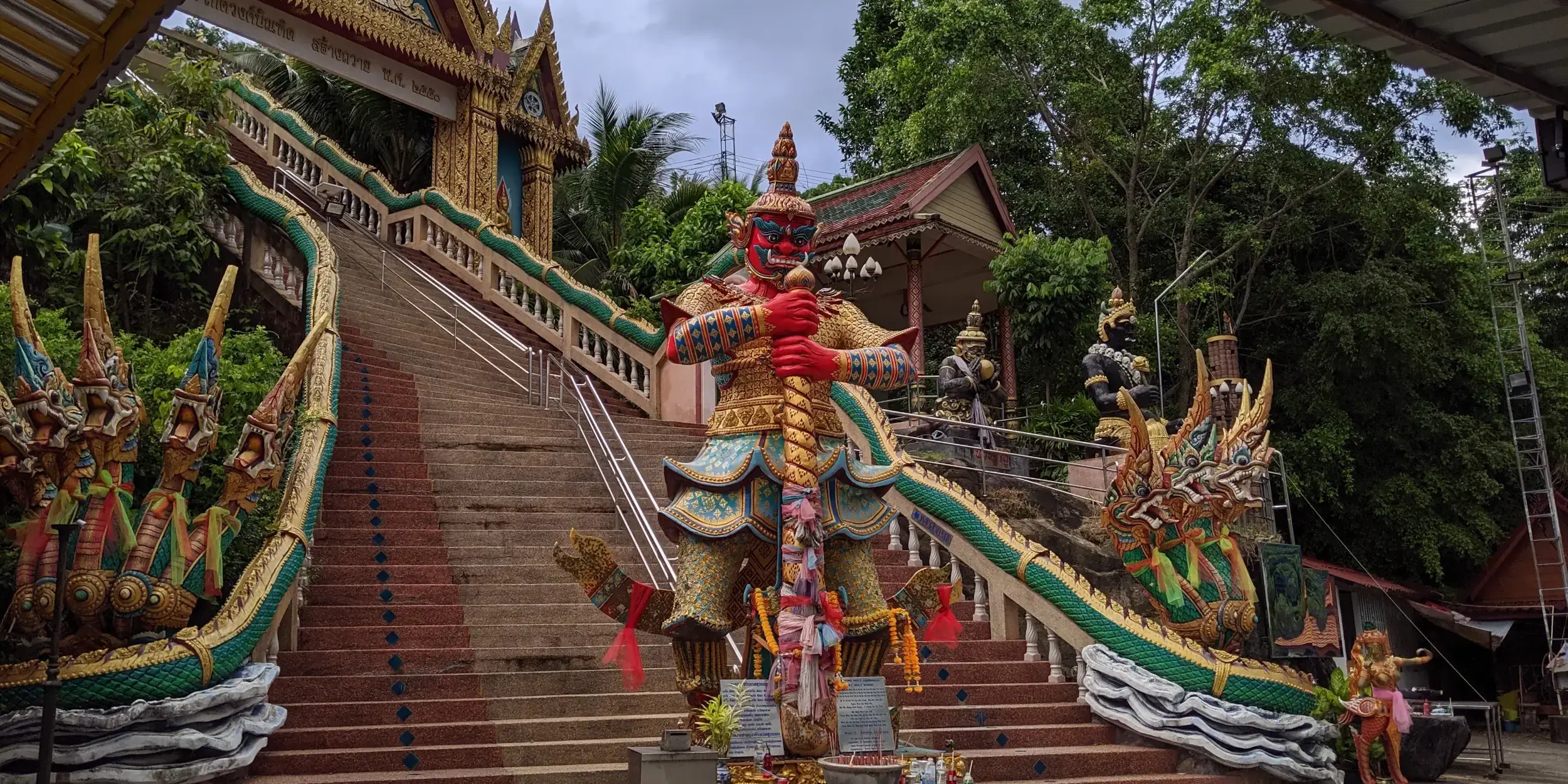
3 Days in Phuket, Thailand
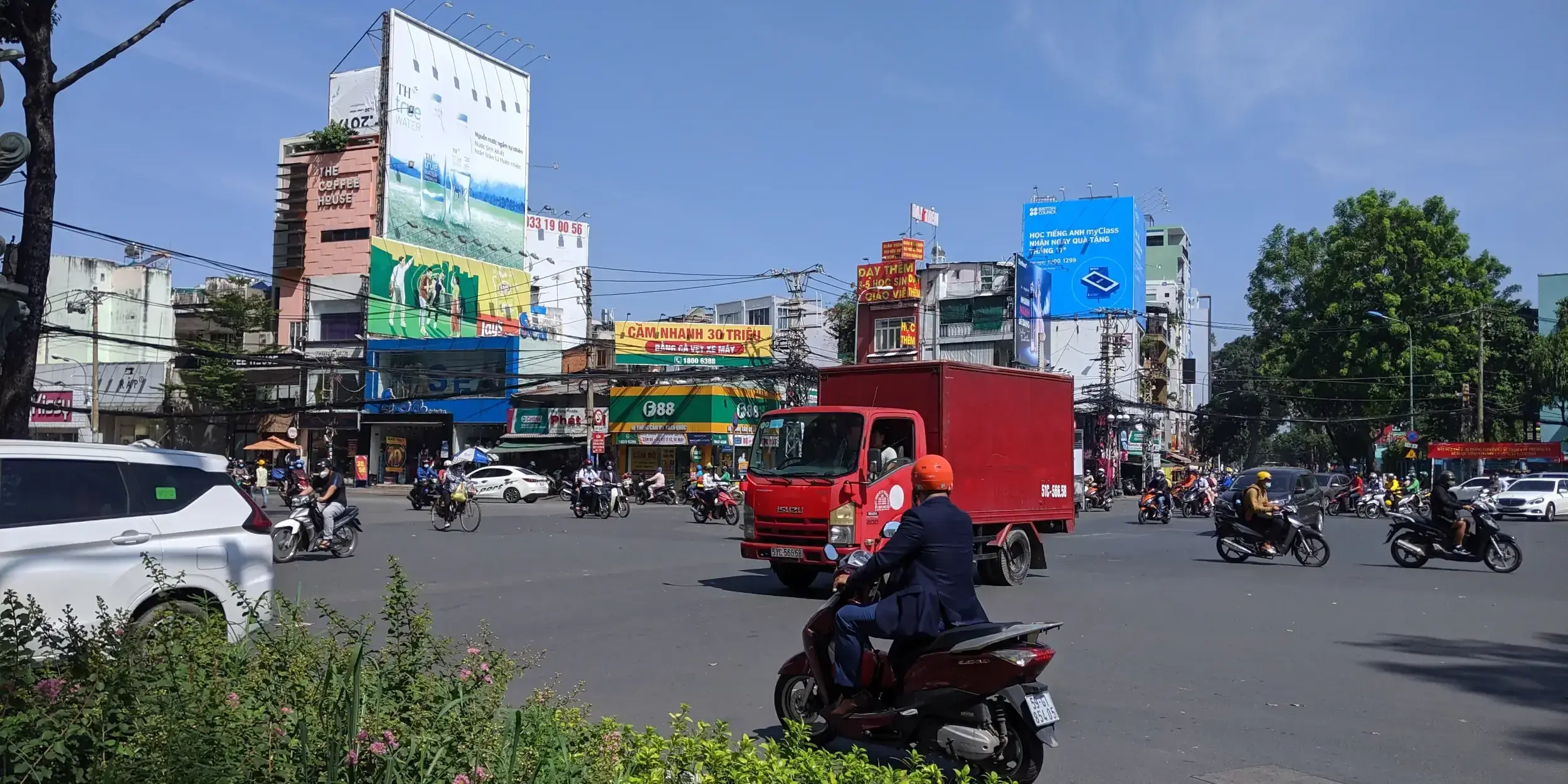
2 Days in Saigon, Vietnam
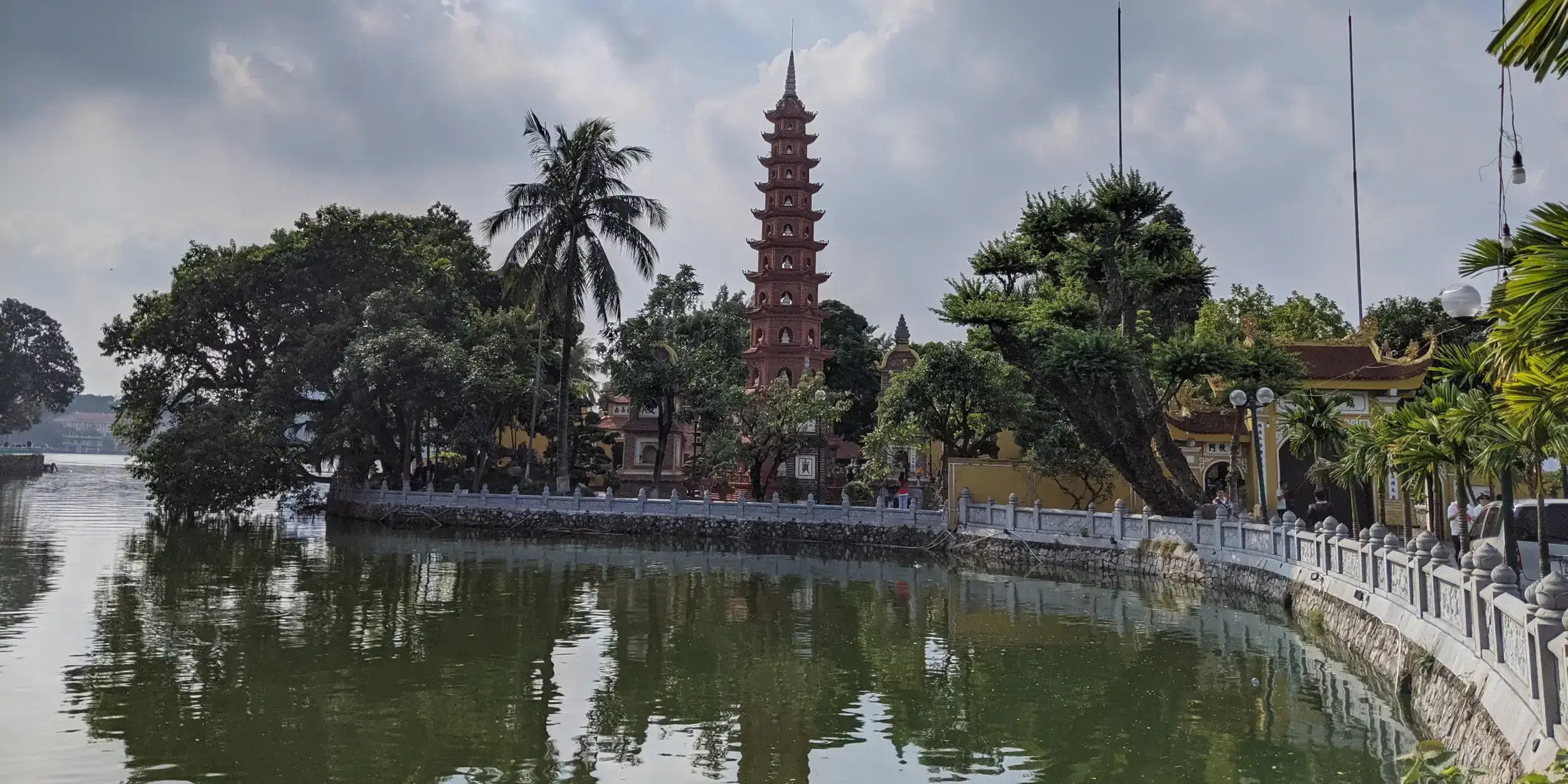
2 More Days in Hanoi, Vietnam
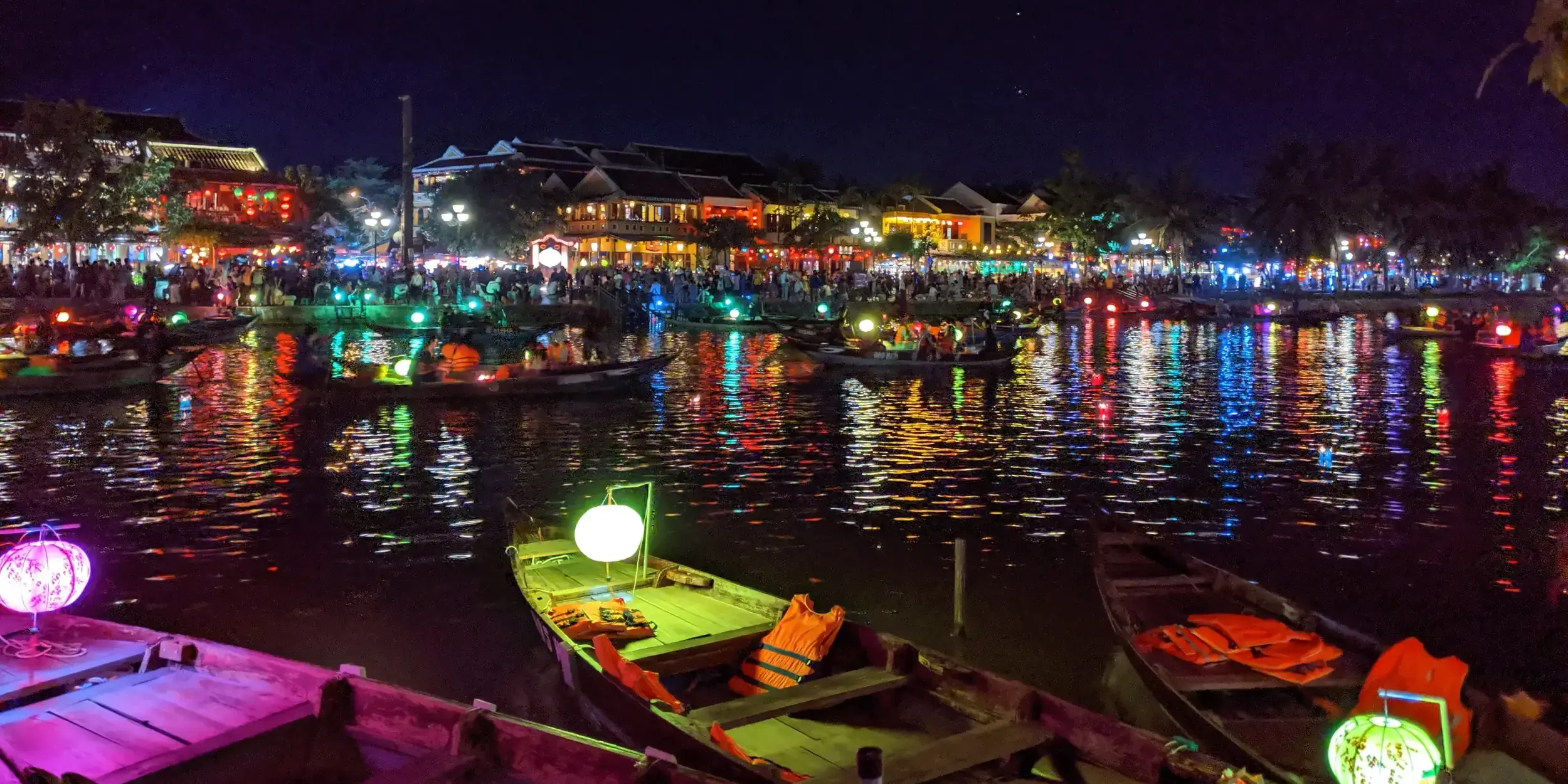
3 Days in Hoi An, Vietnam
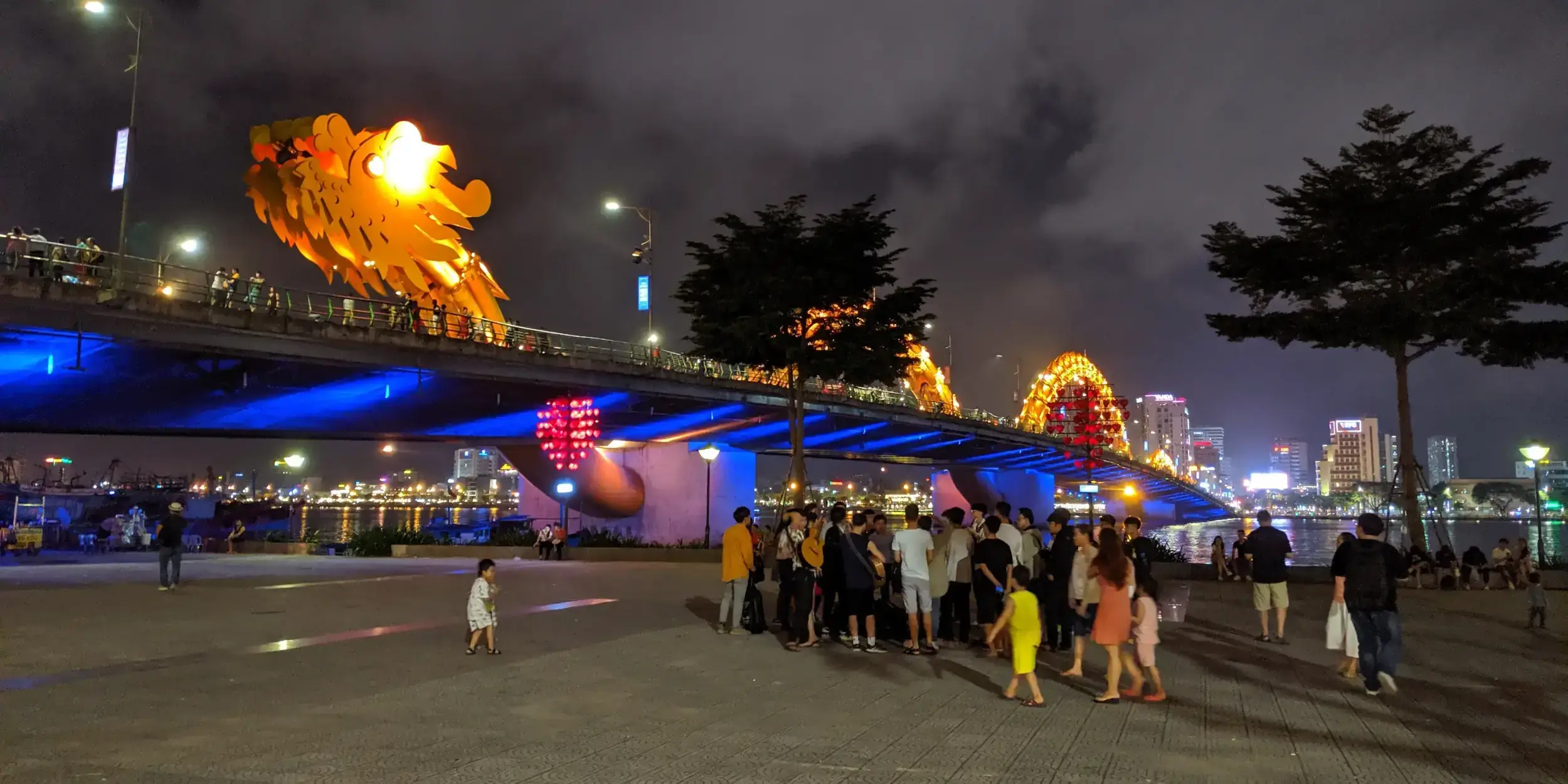
3 Days in Da Nang, Vietnam

4 Days in Hue, Vietnam - Part 2
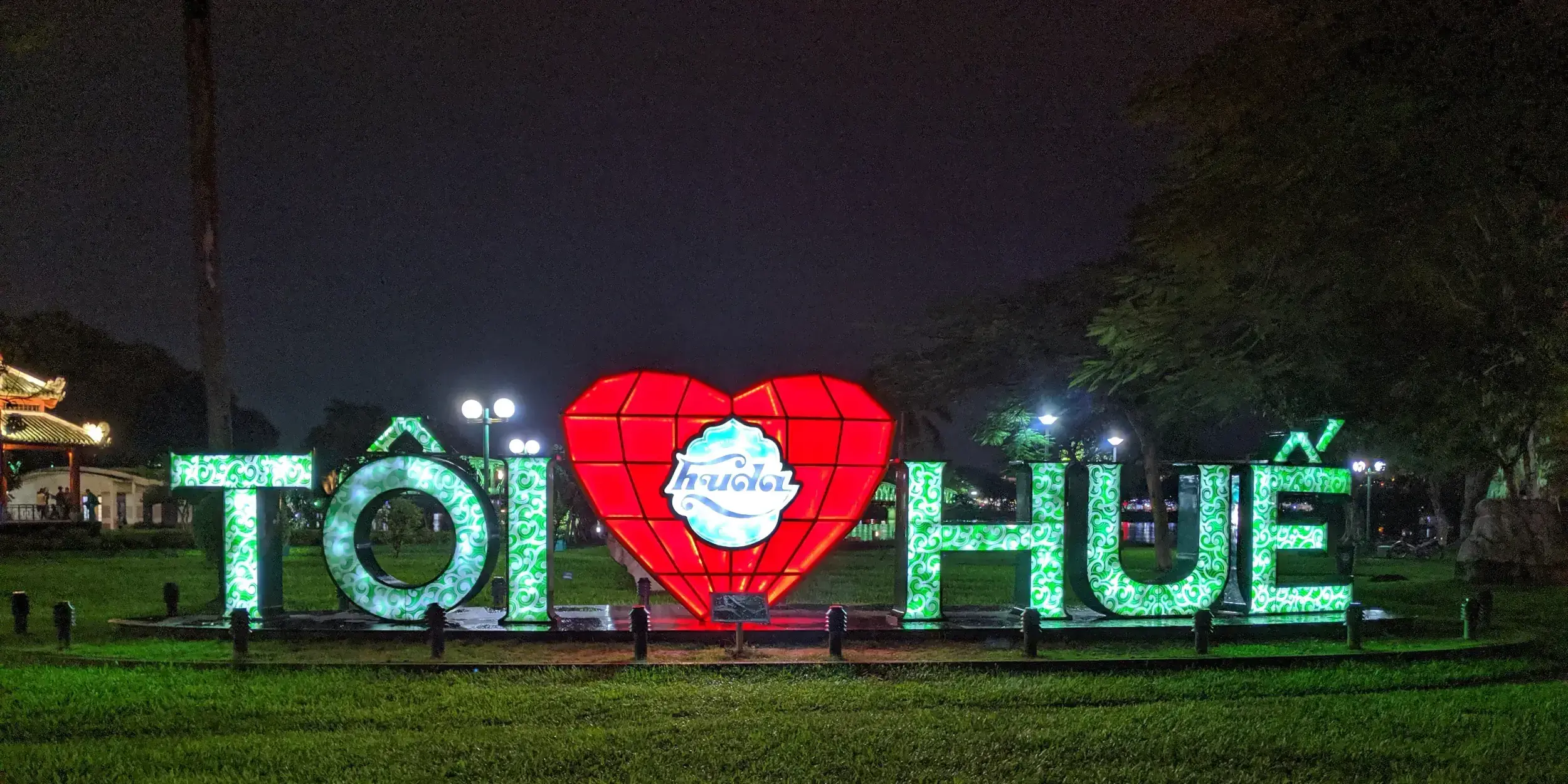
4 Days in Hue, Vietnam - Part 1
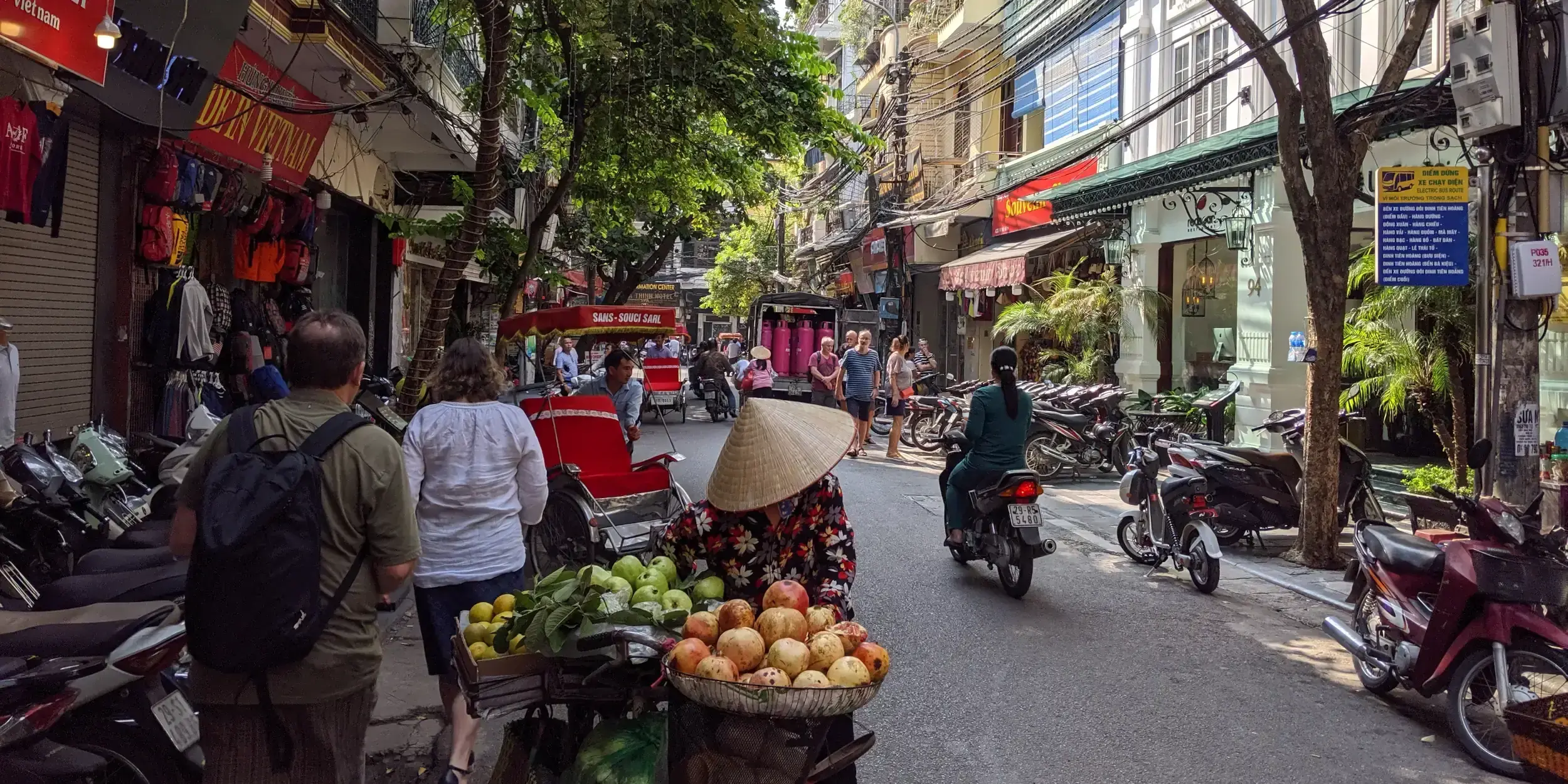
6 Days in Hanoi, Vietnam - Part 3
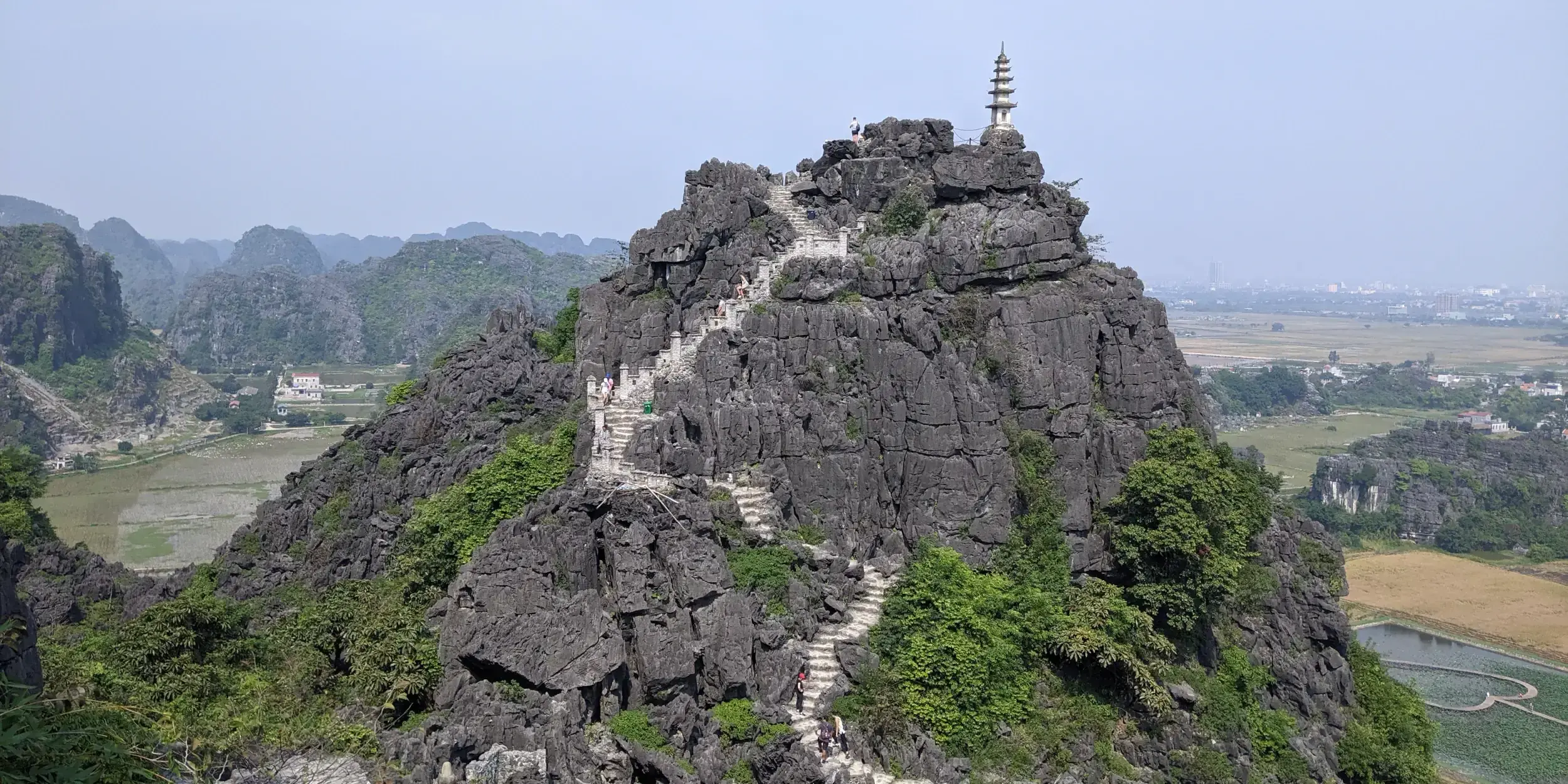
1 Day in Ninh Binh, Vietnam
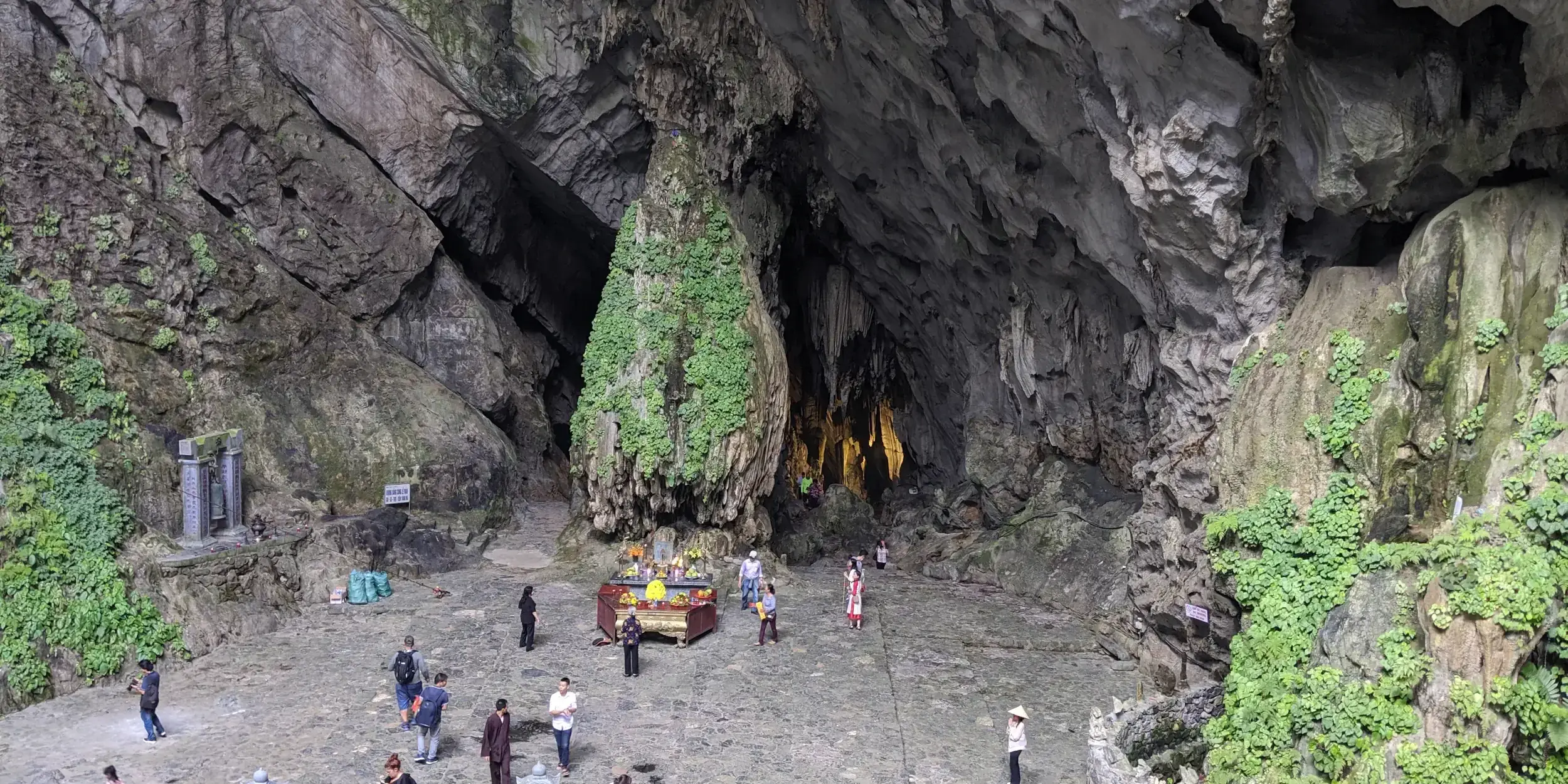
6 Days in Hanoi, Vietnam - Part 2
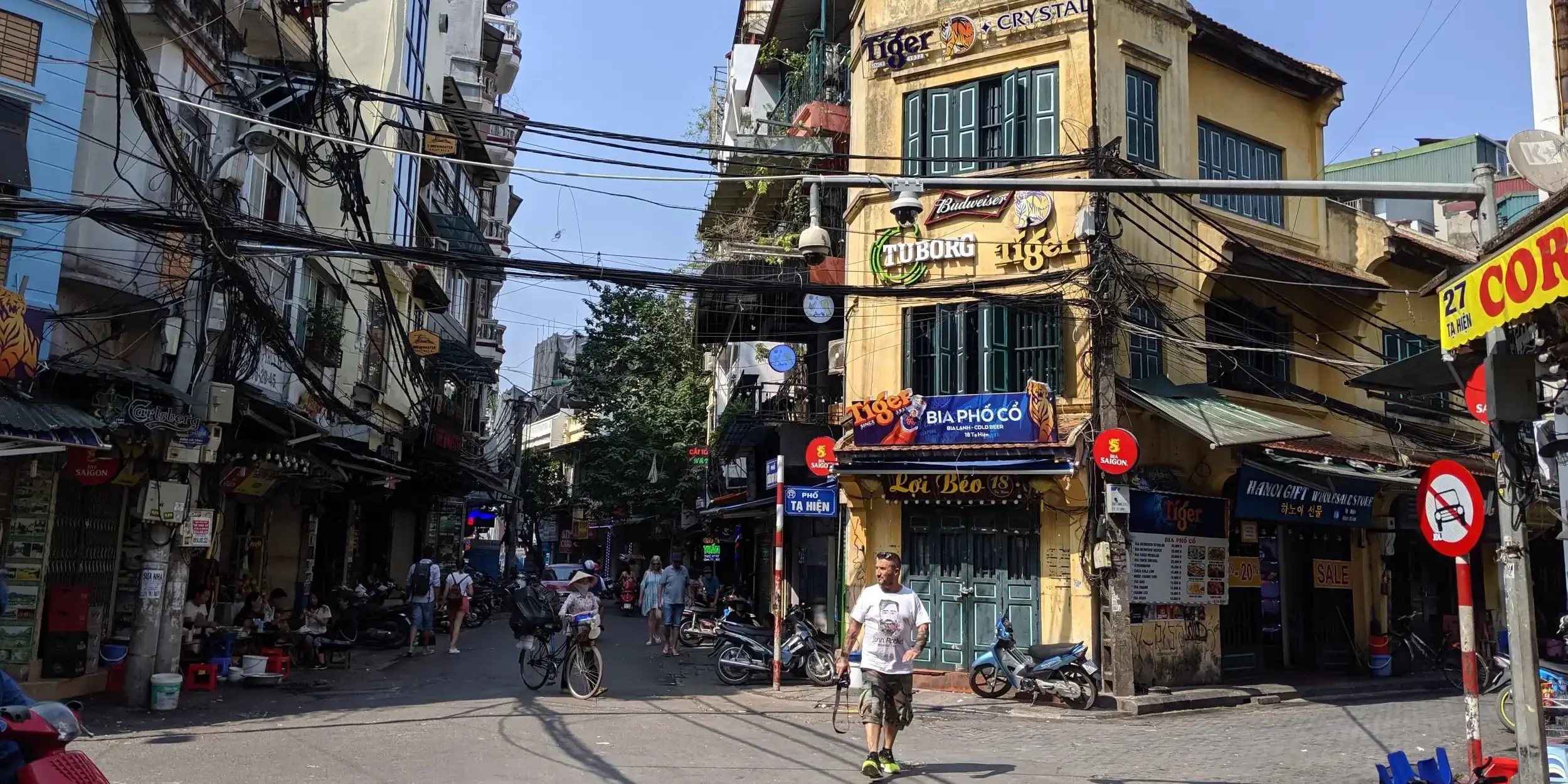
6 Days in Hanoi, Vietnam - Part 1
Comments